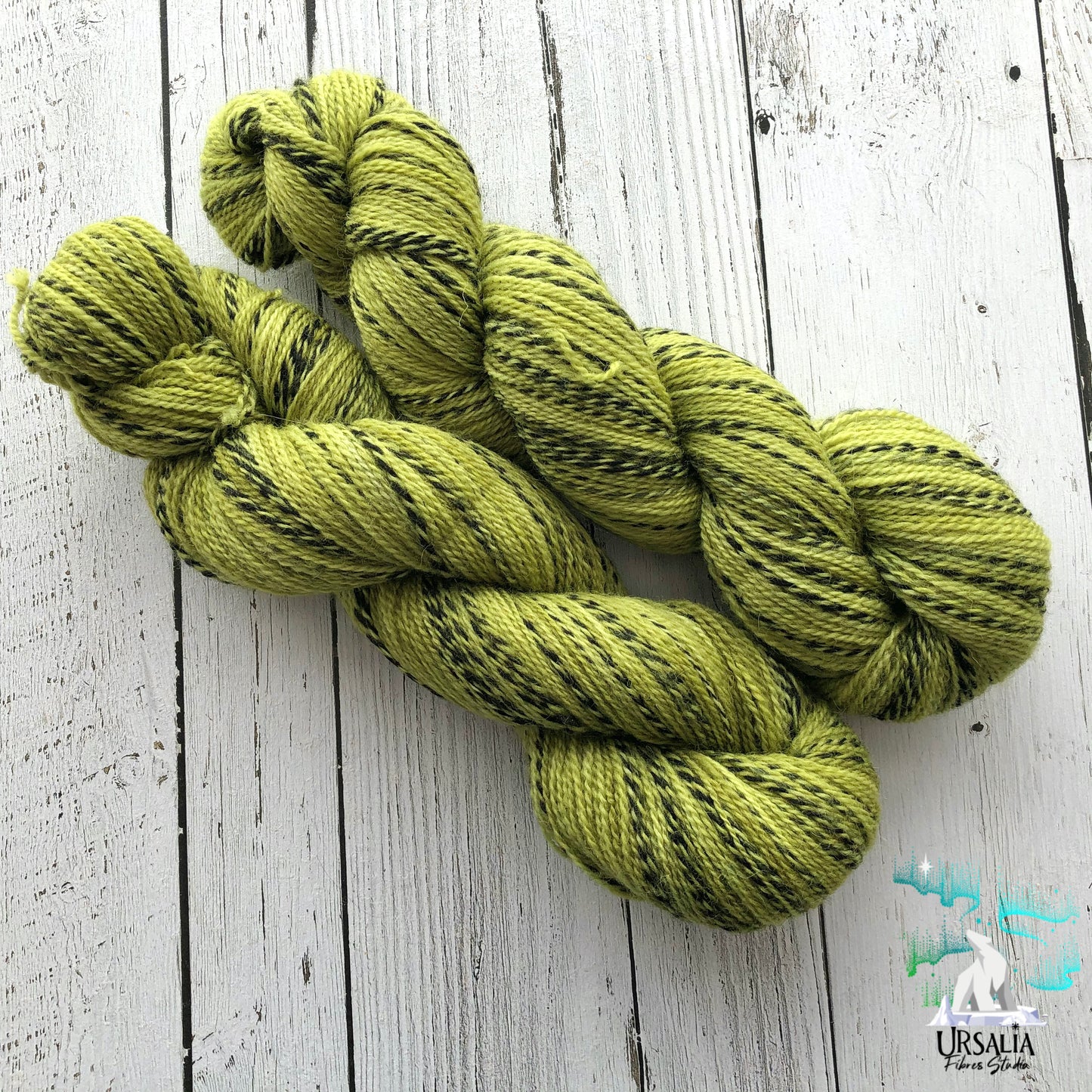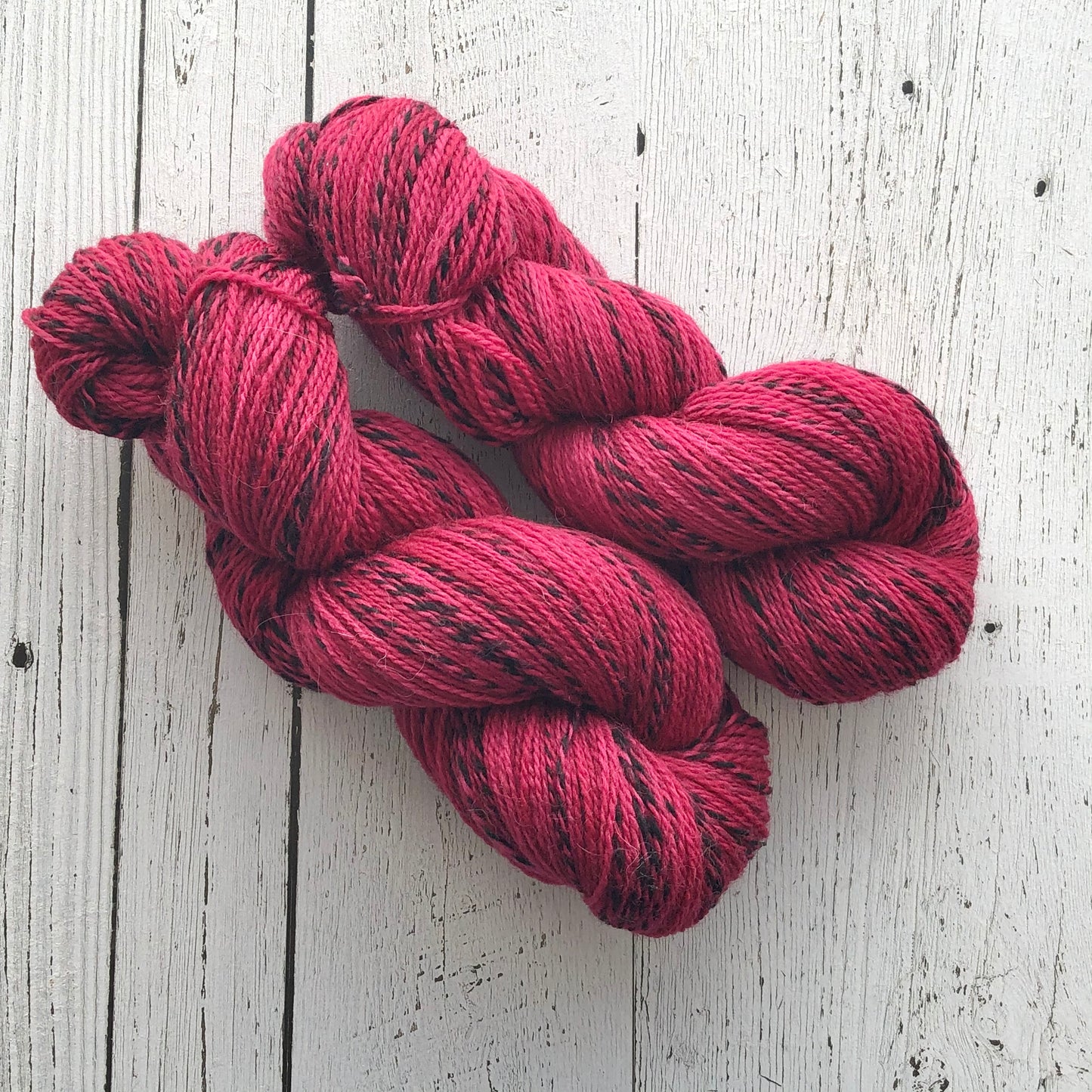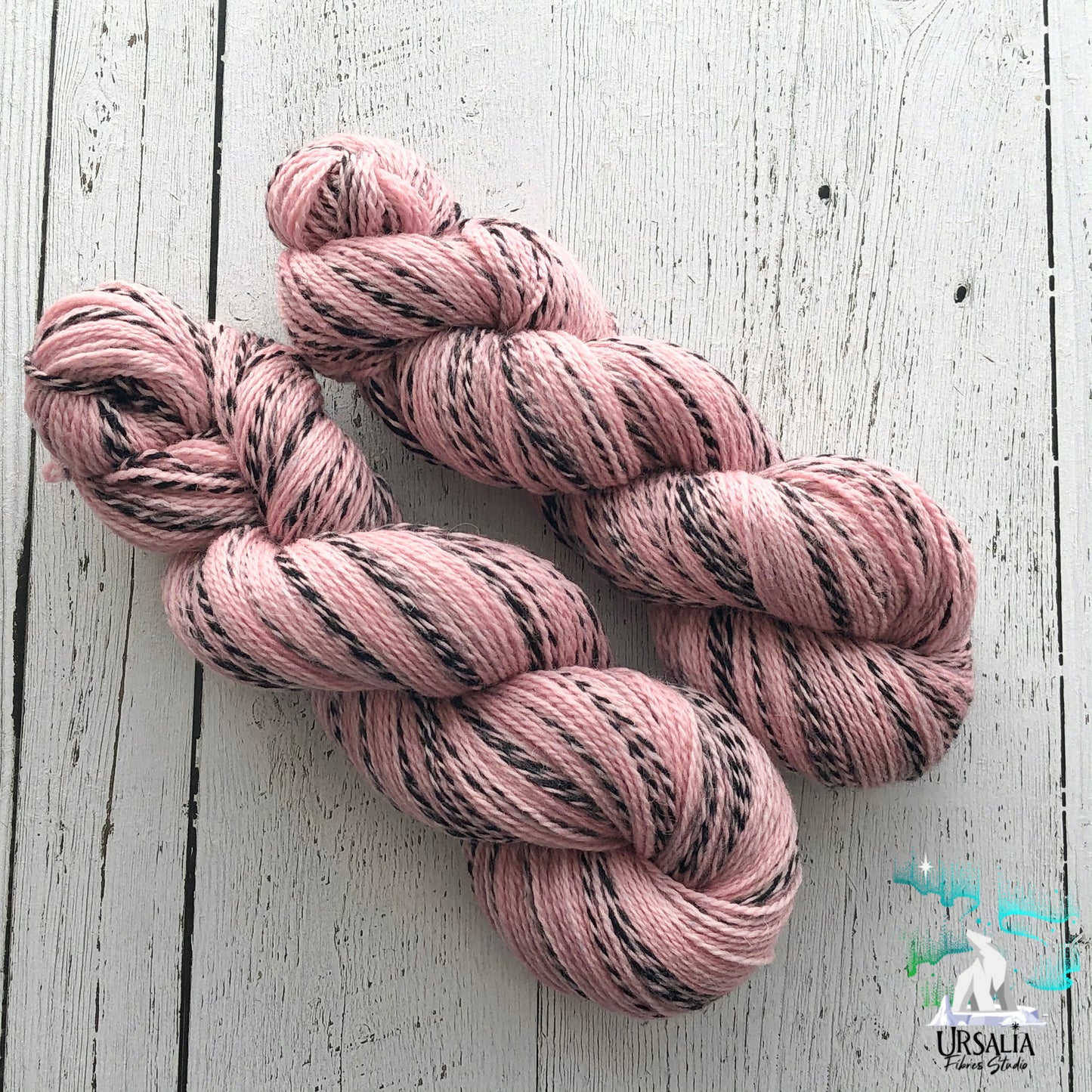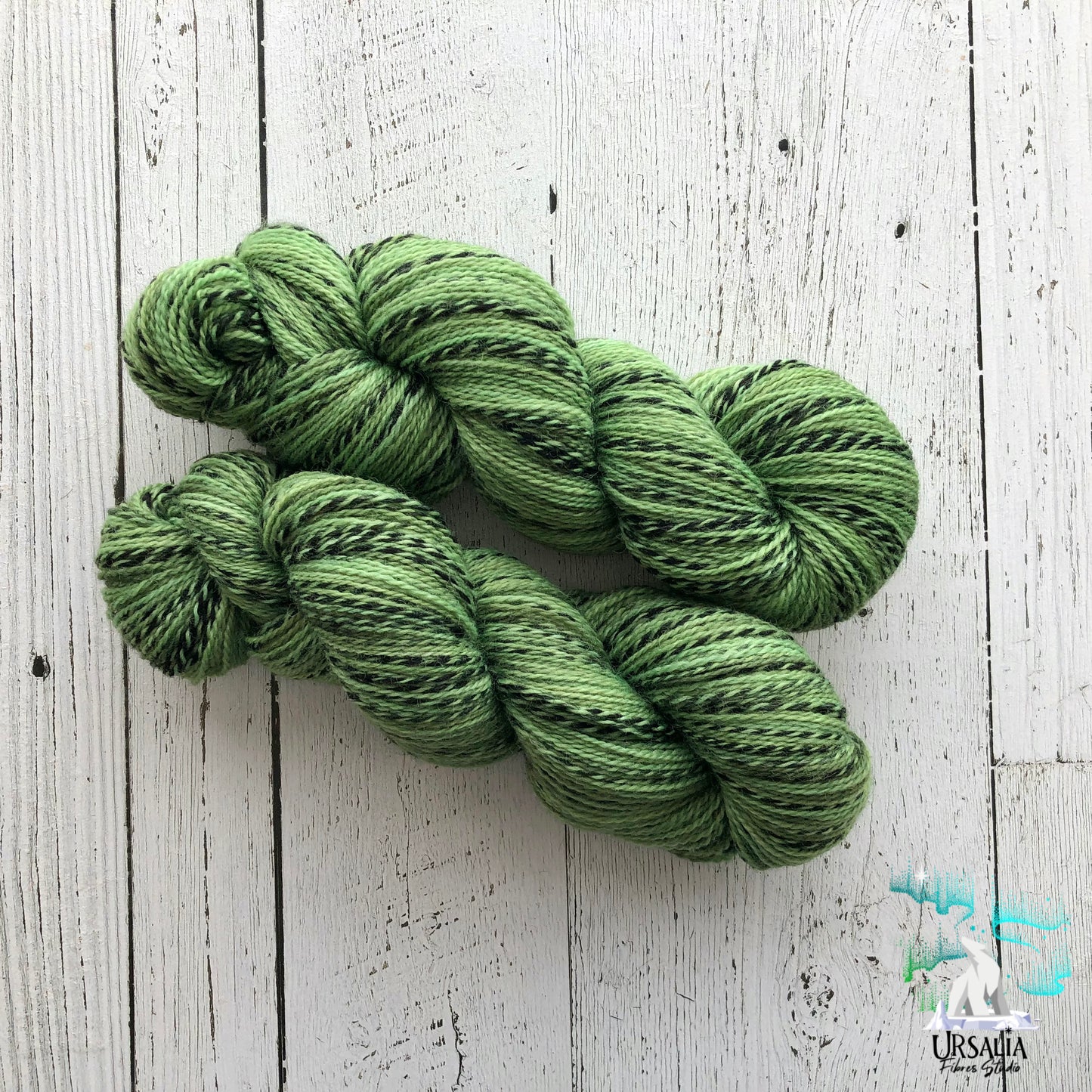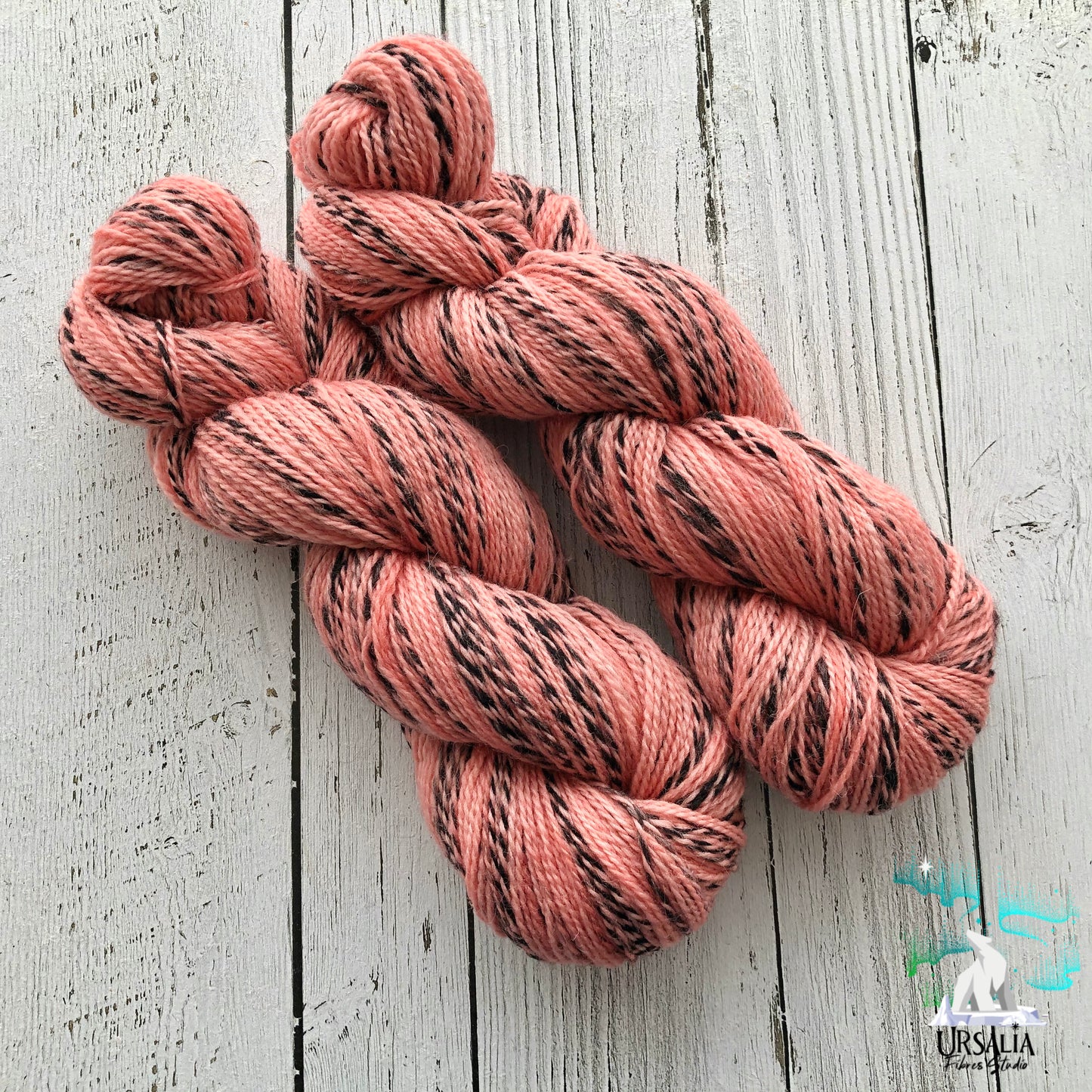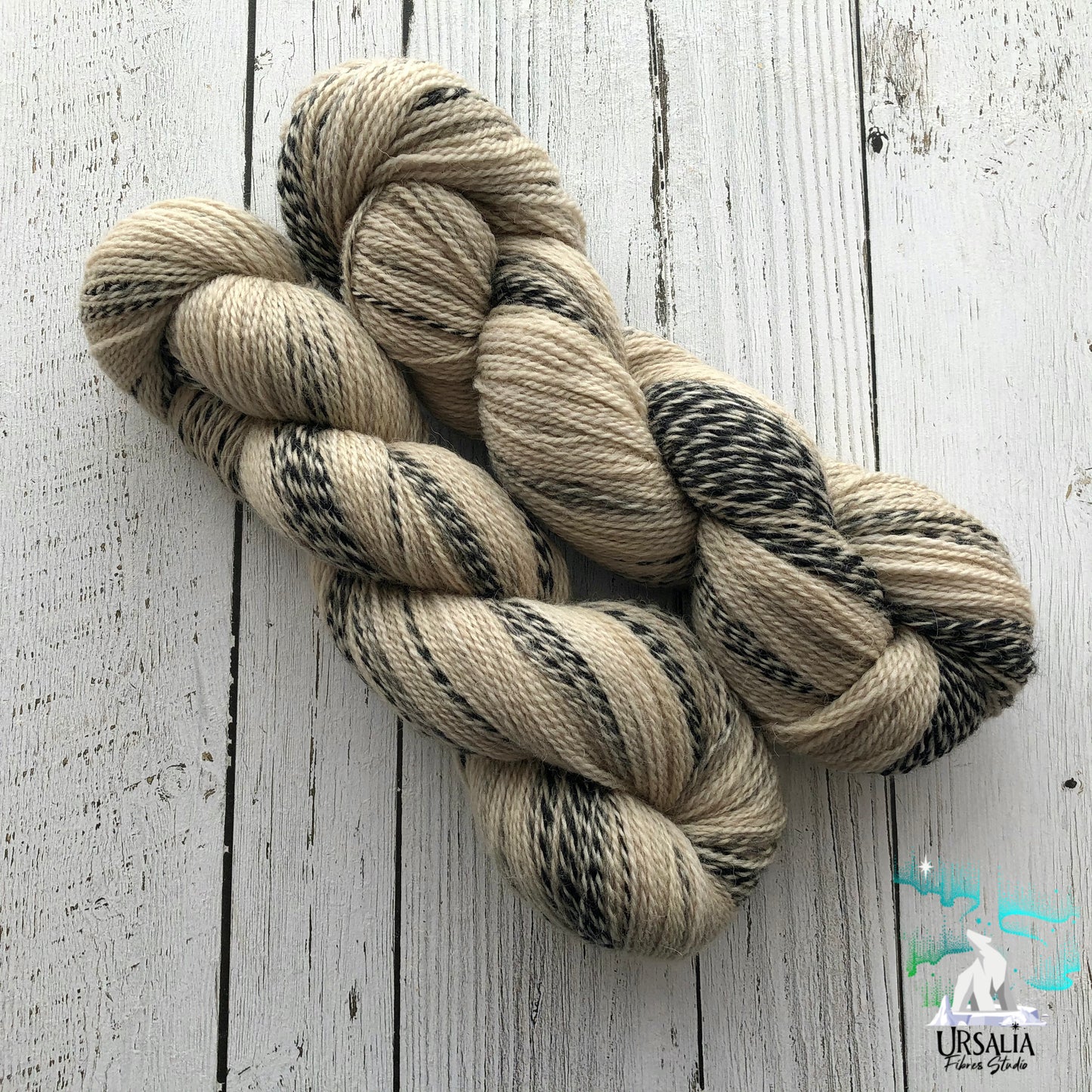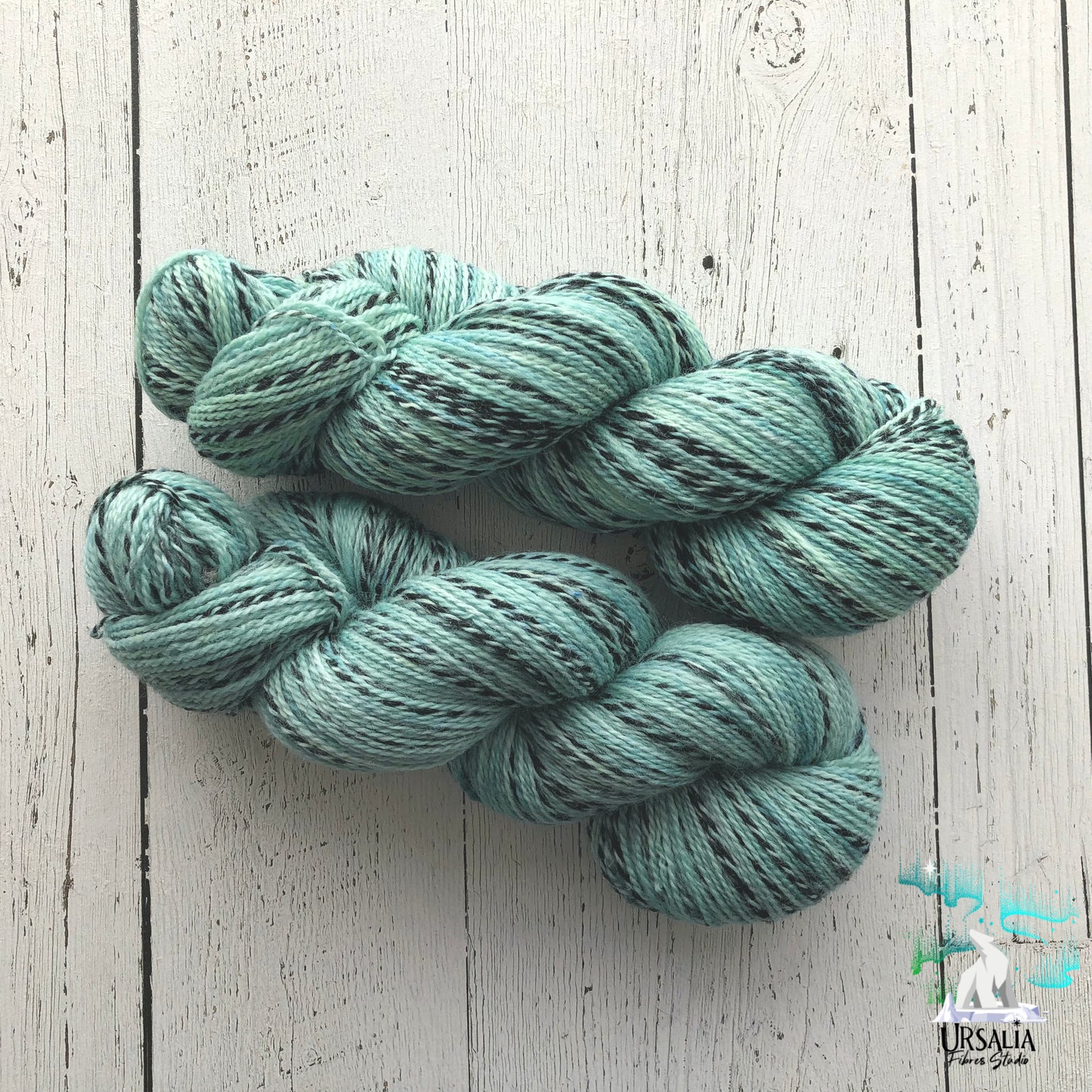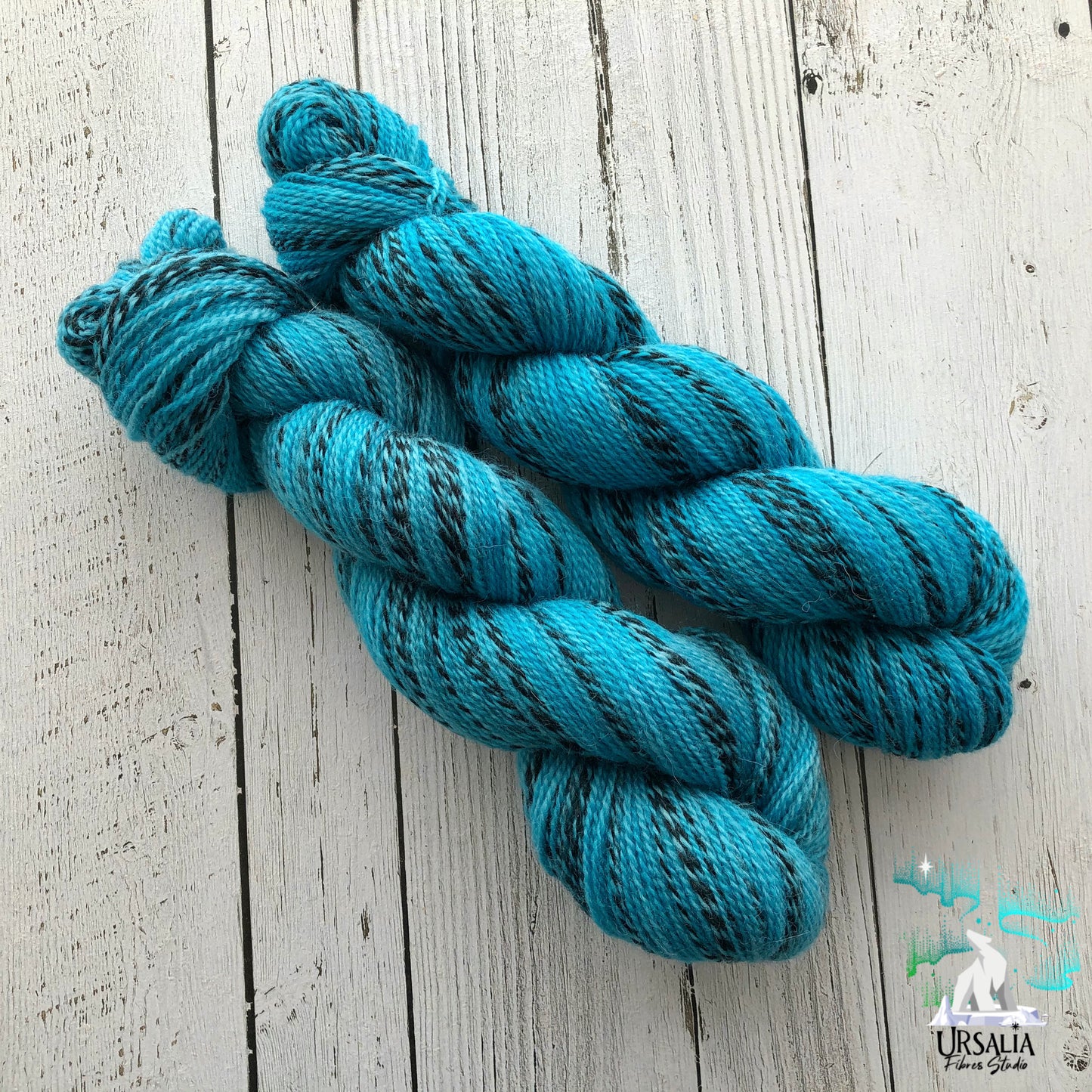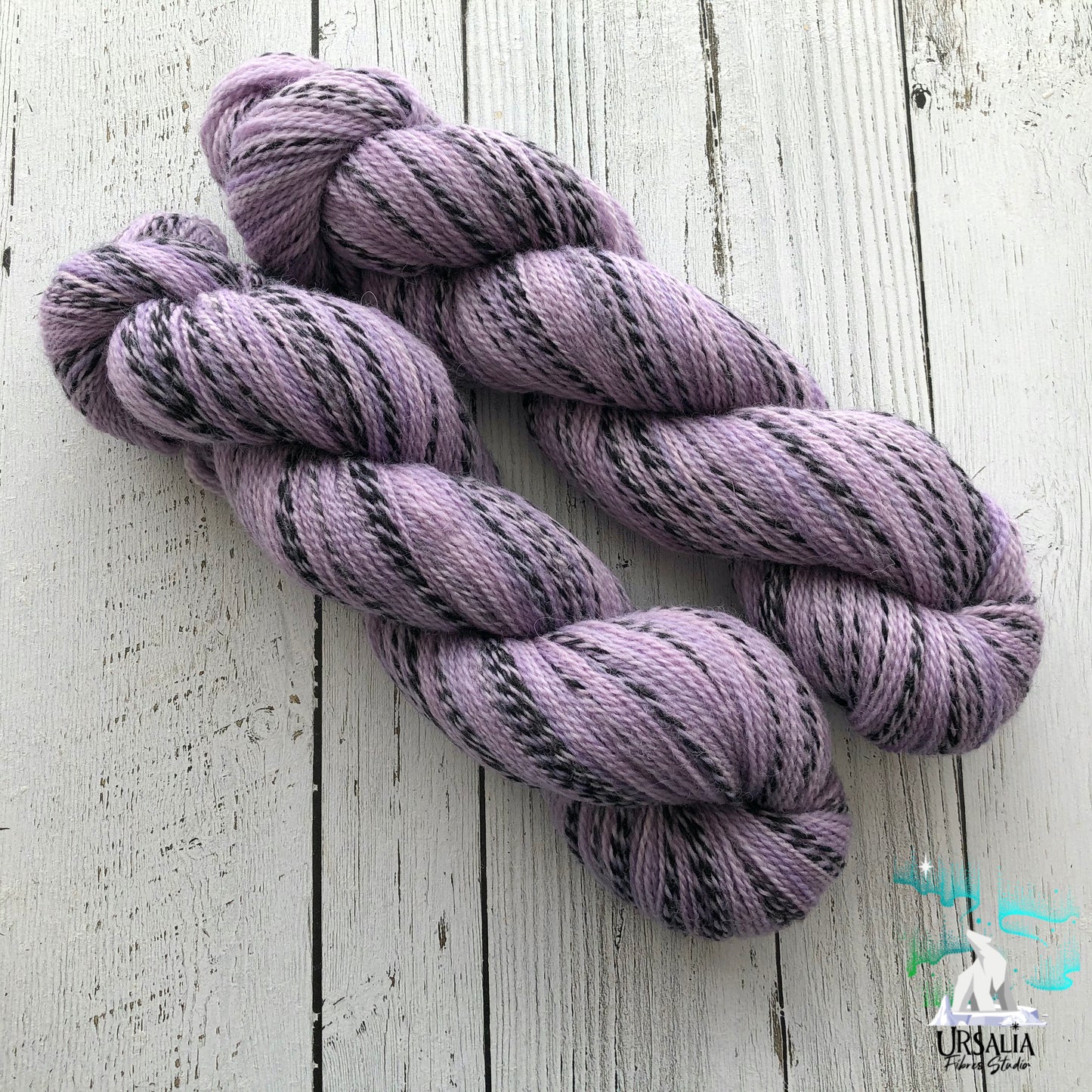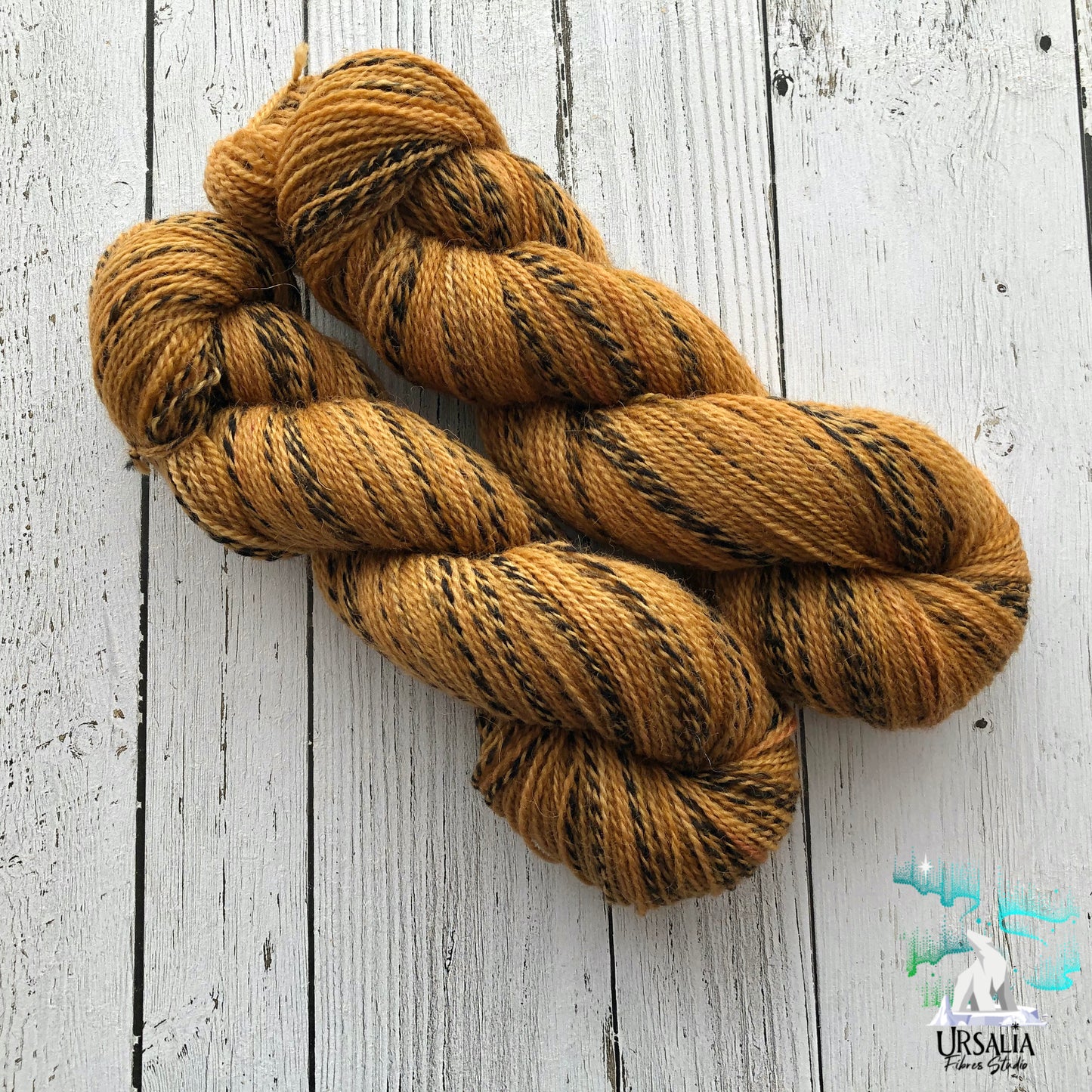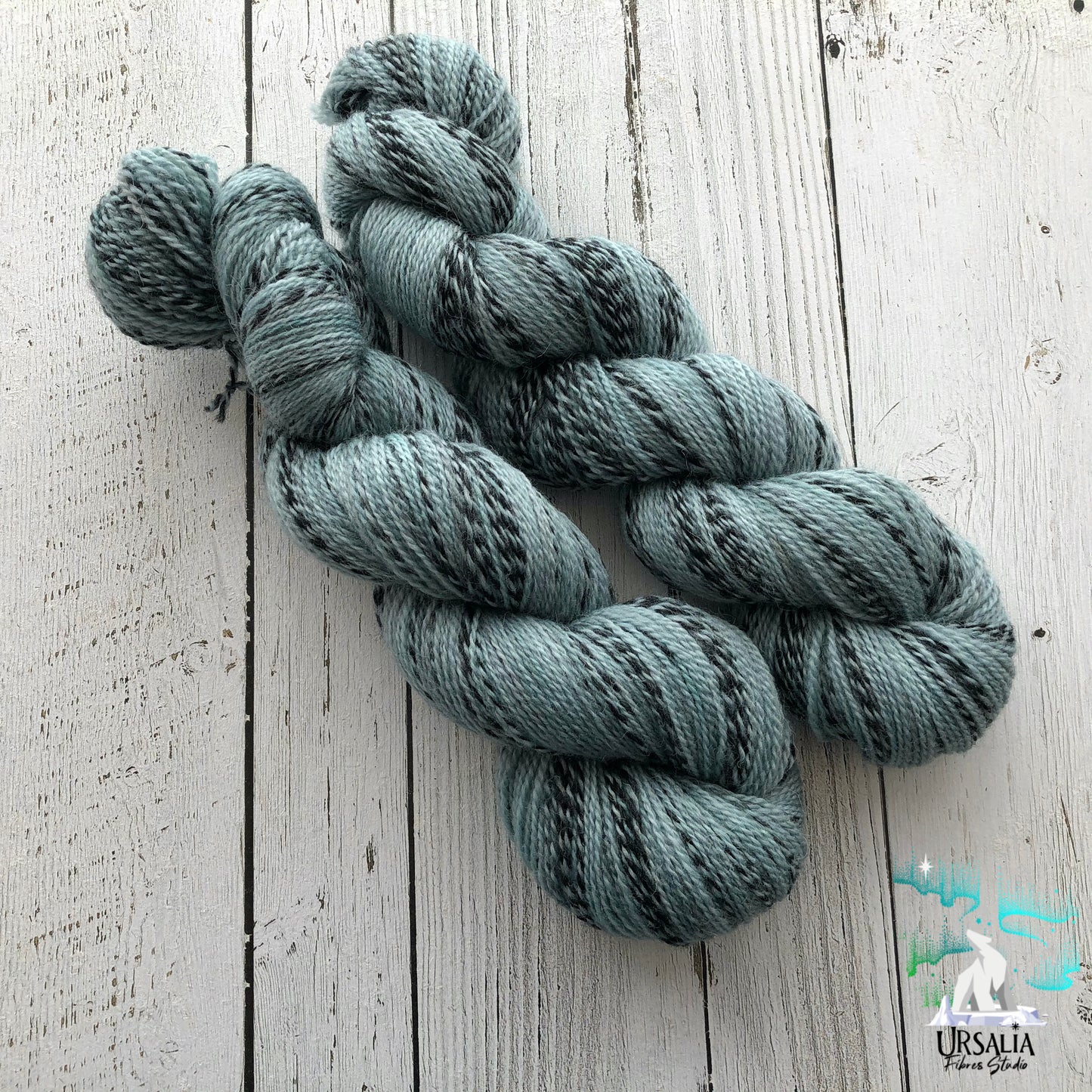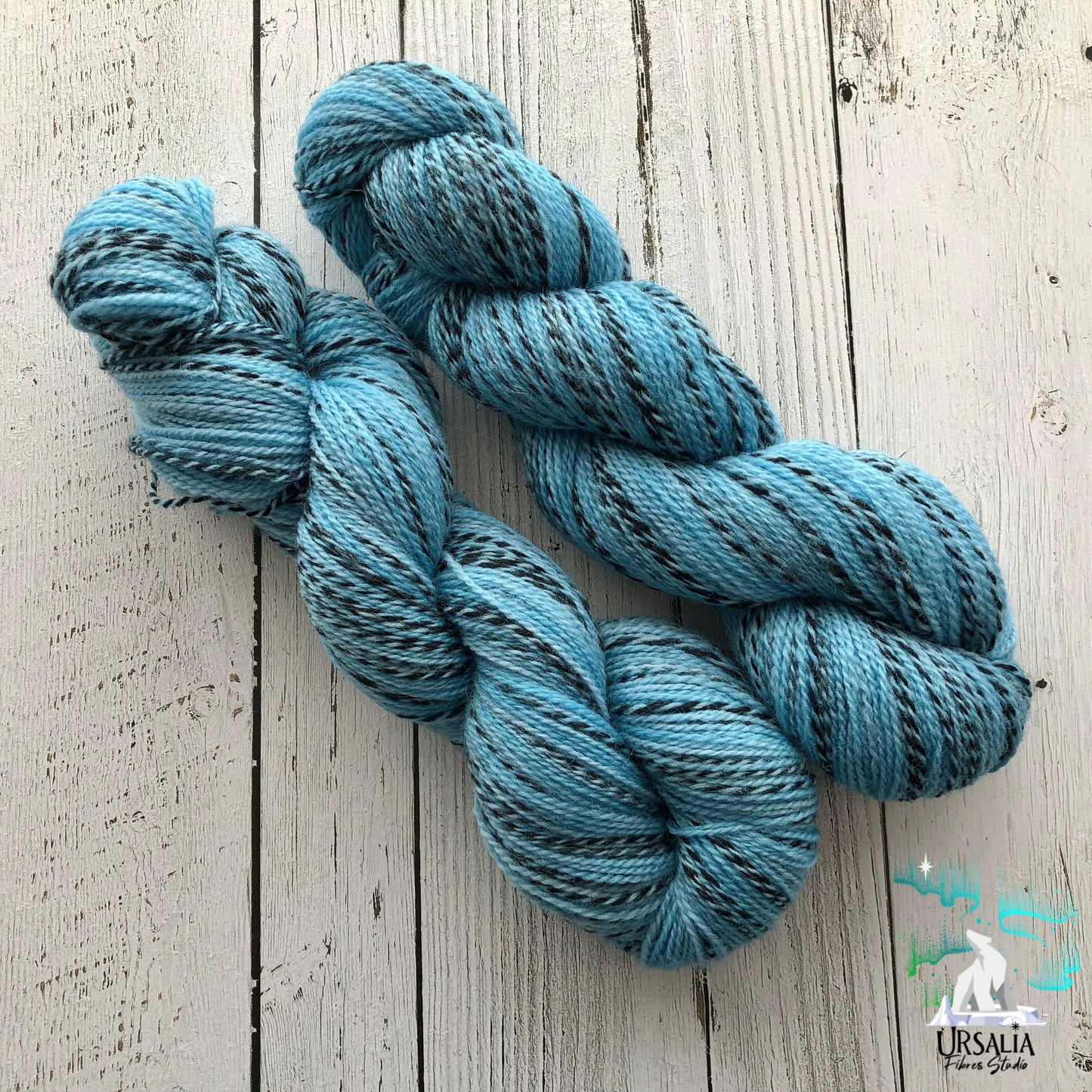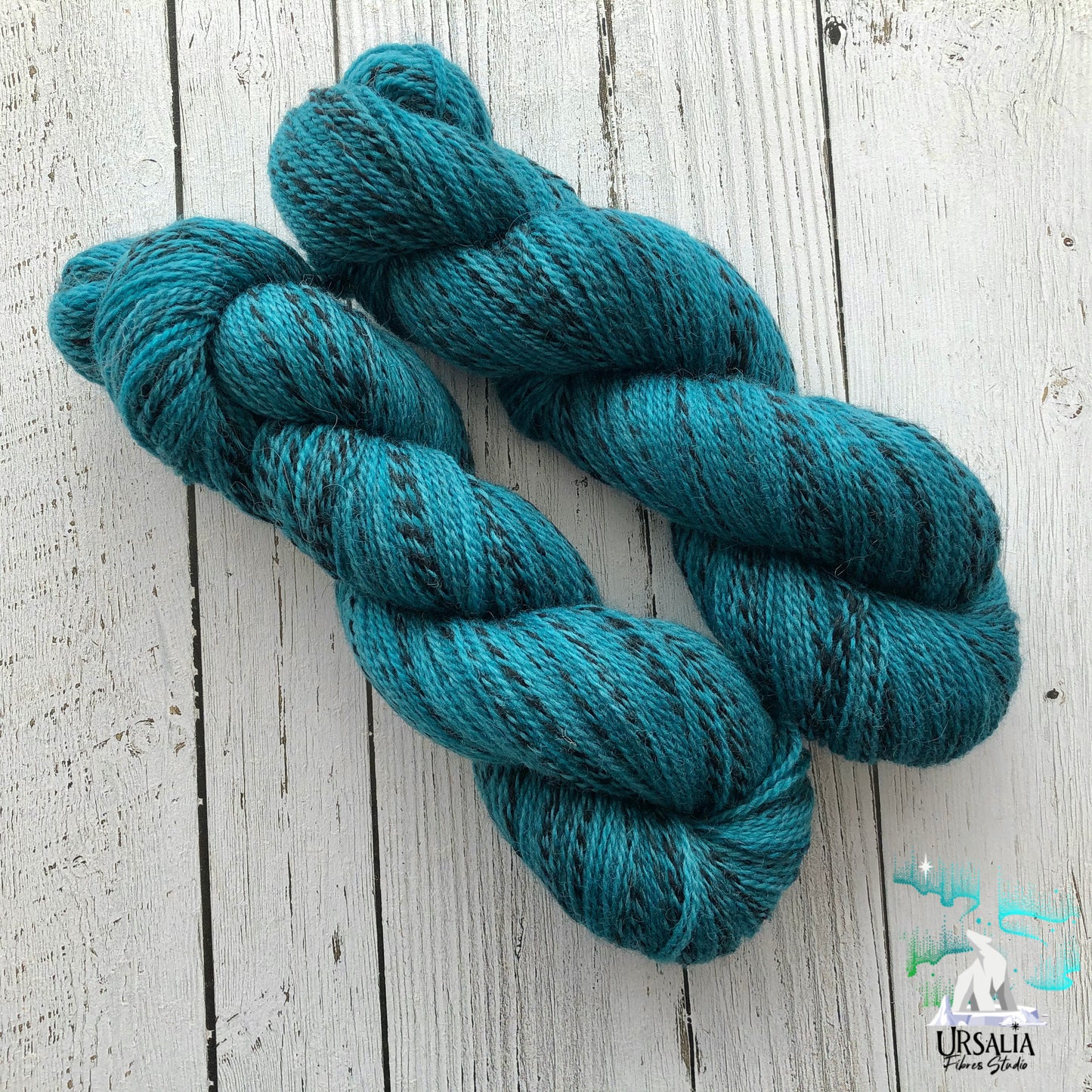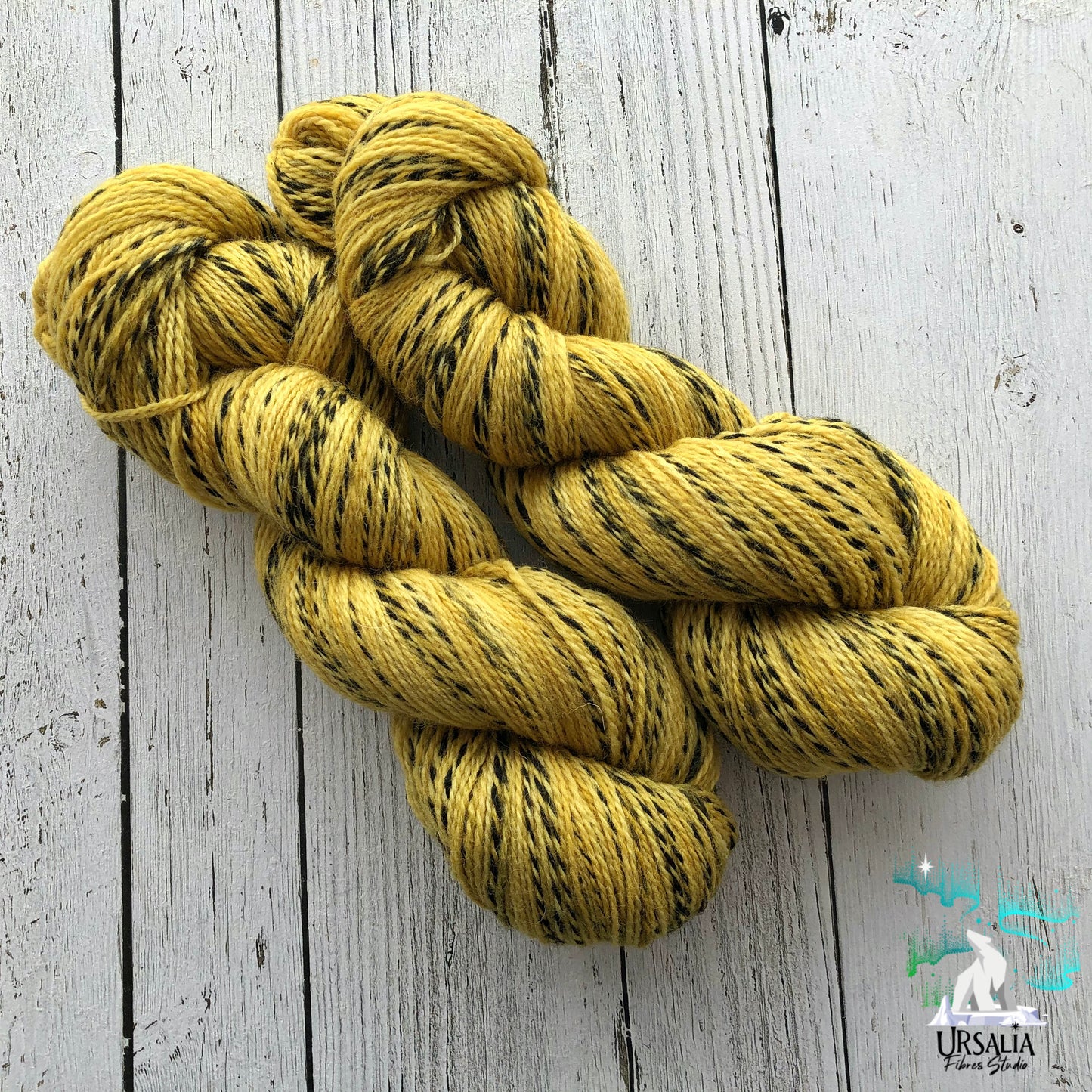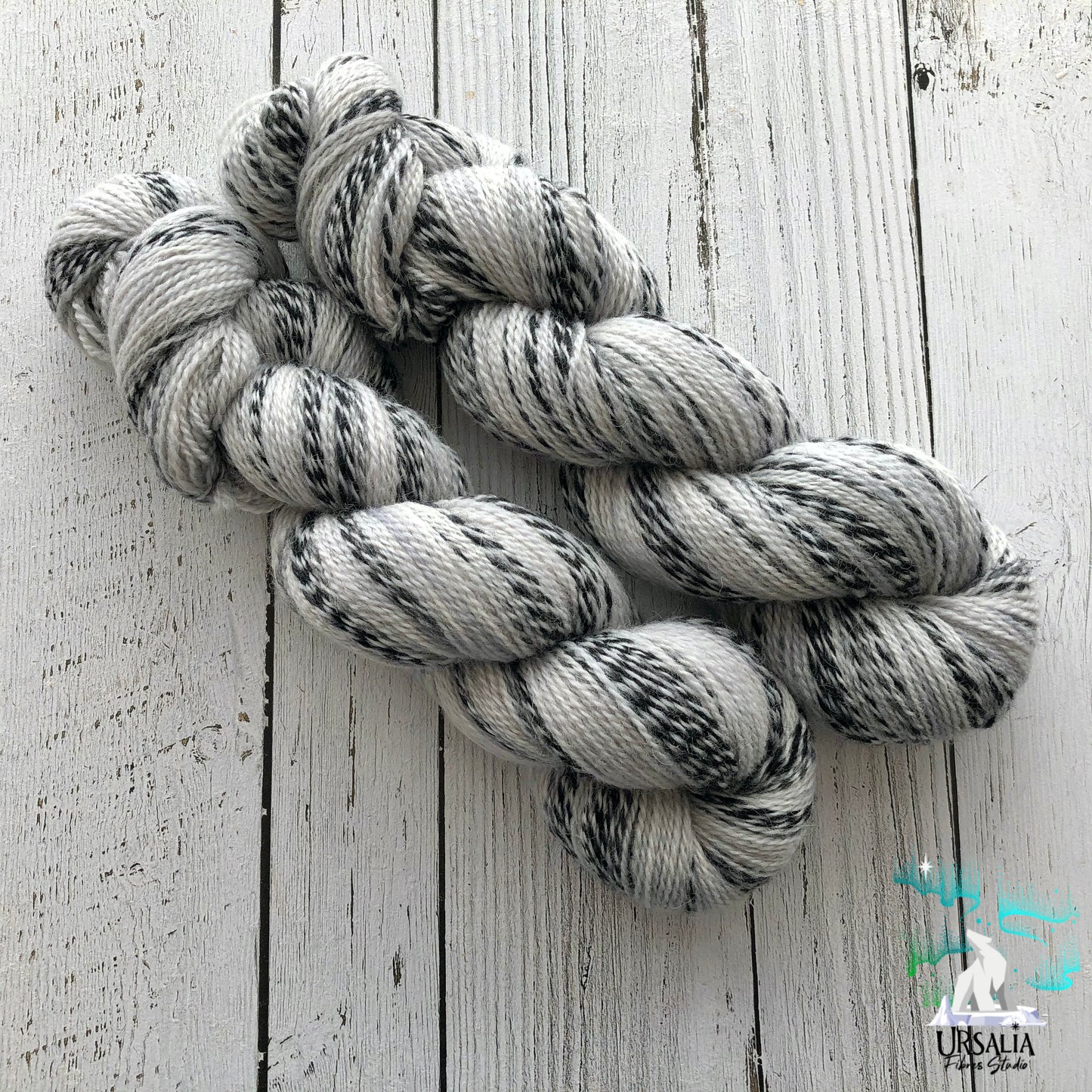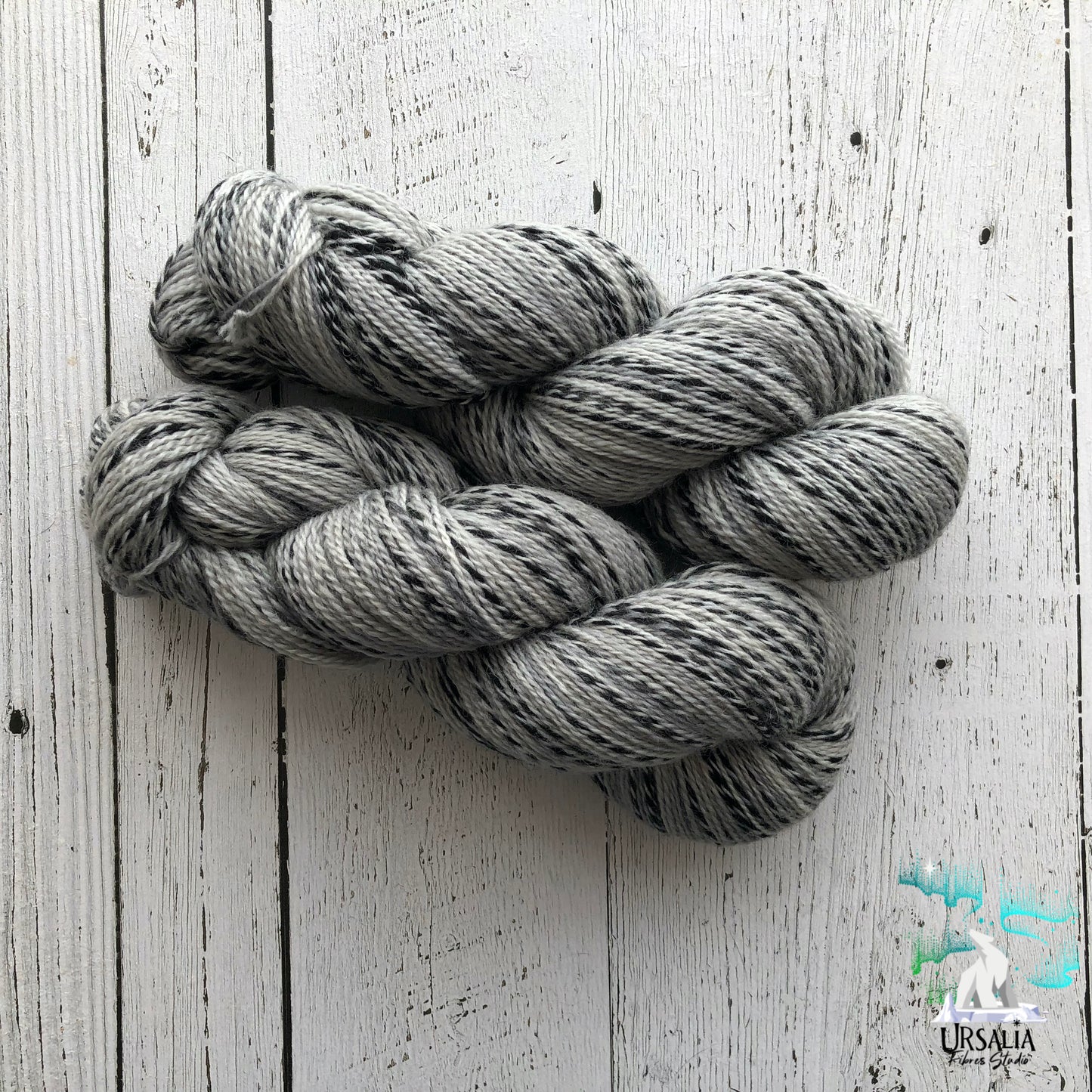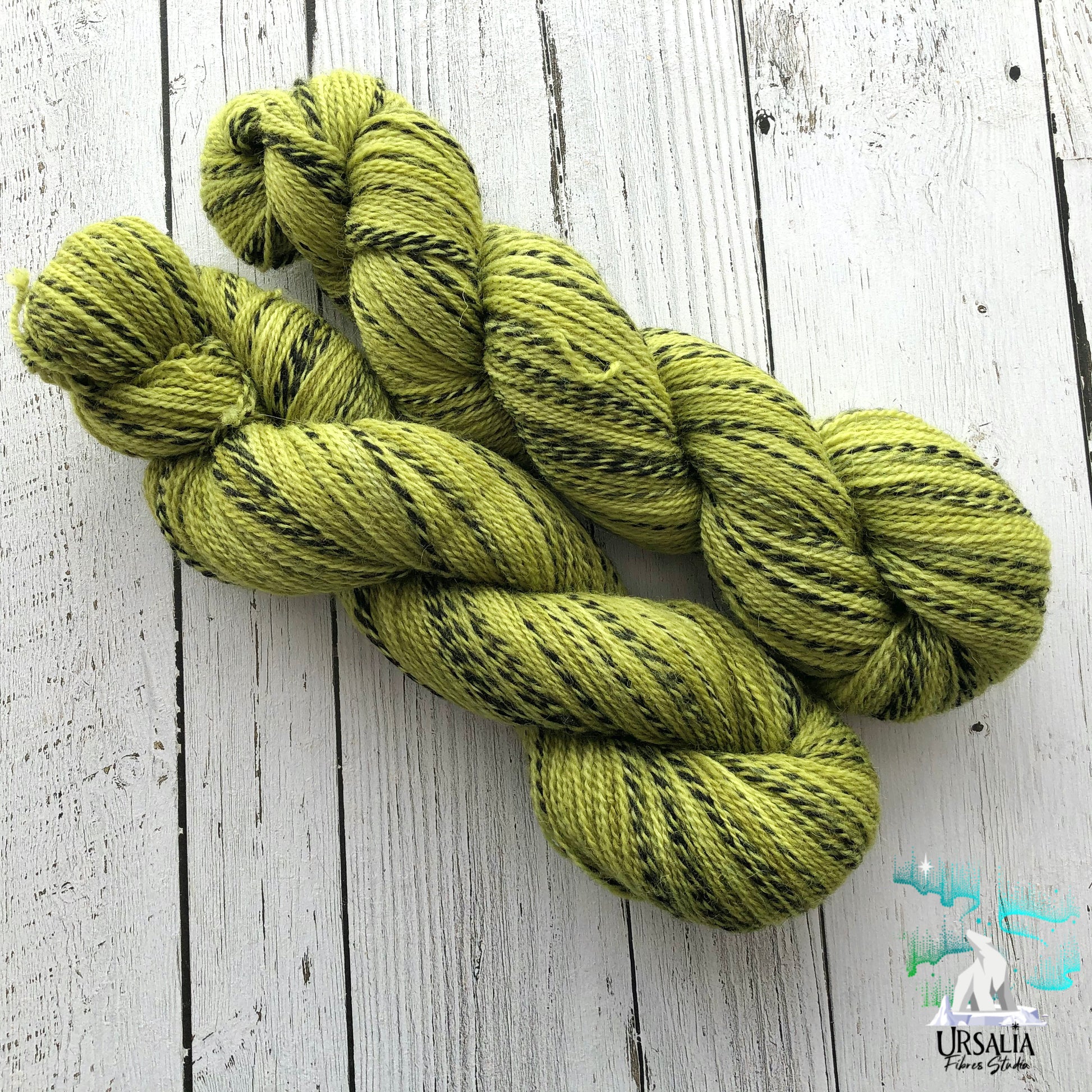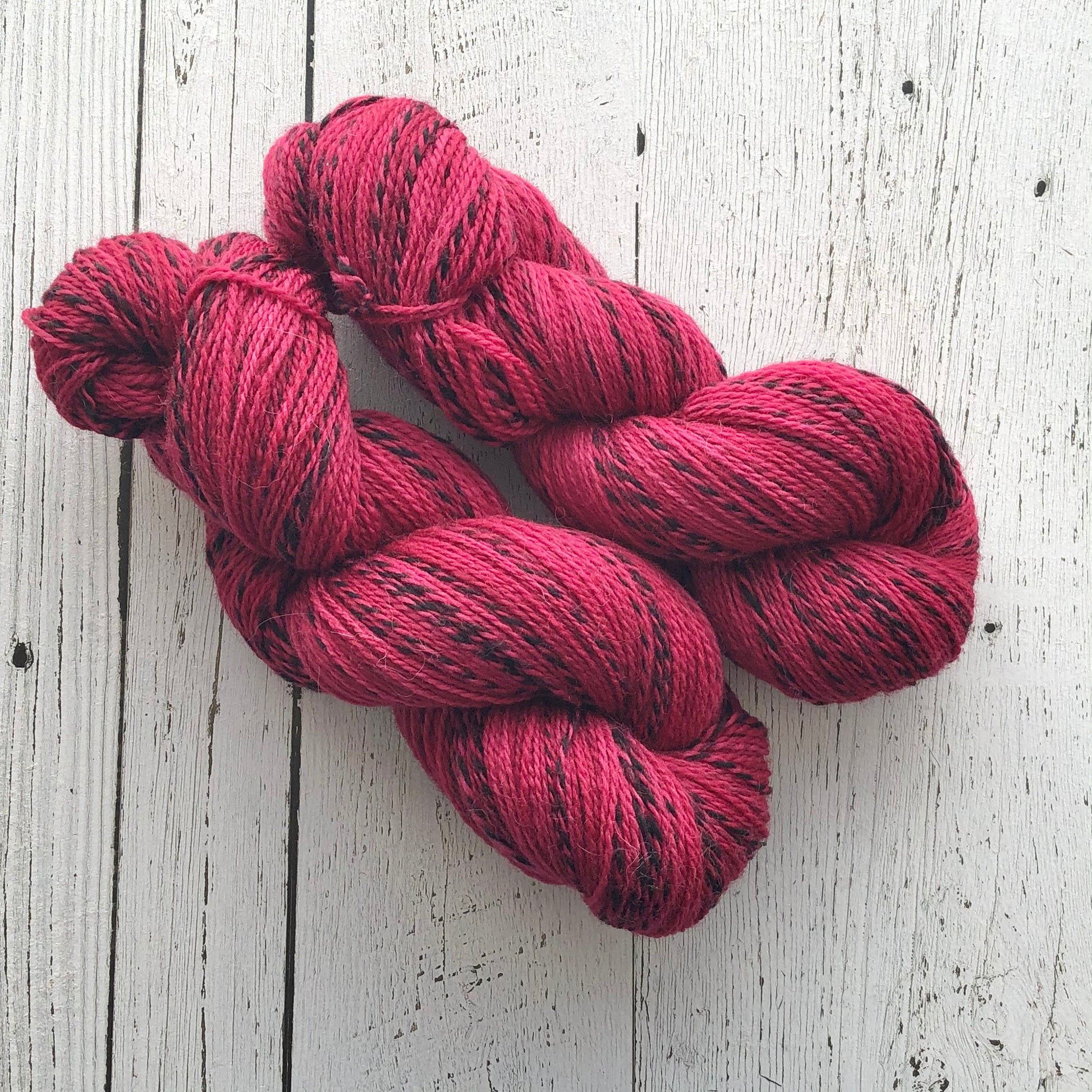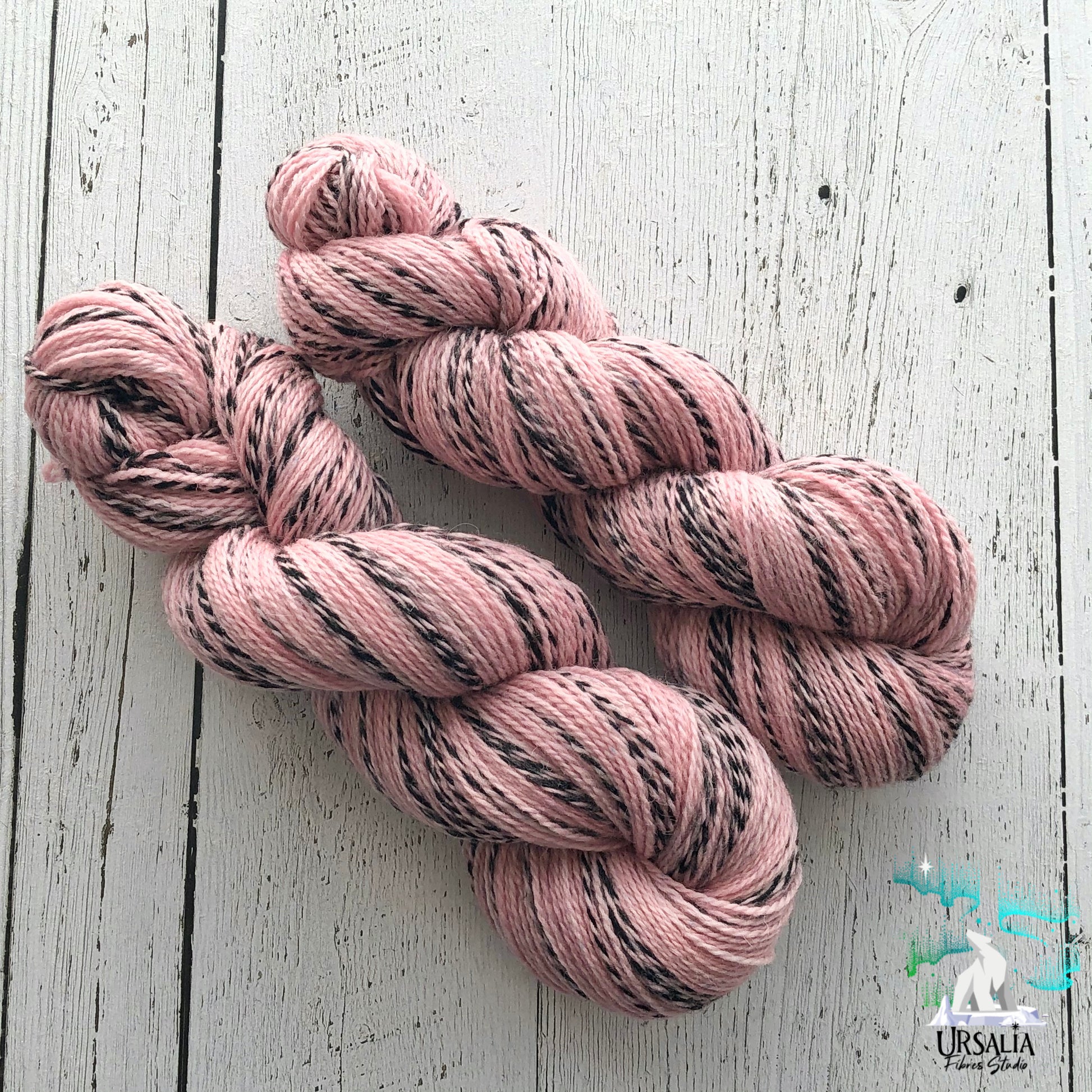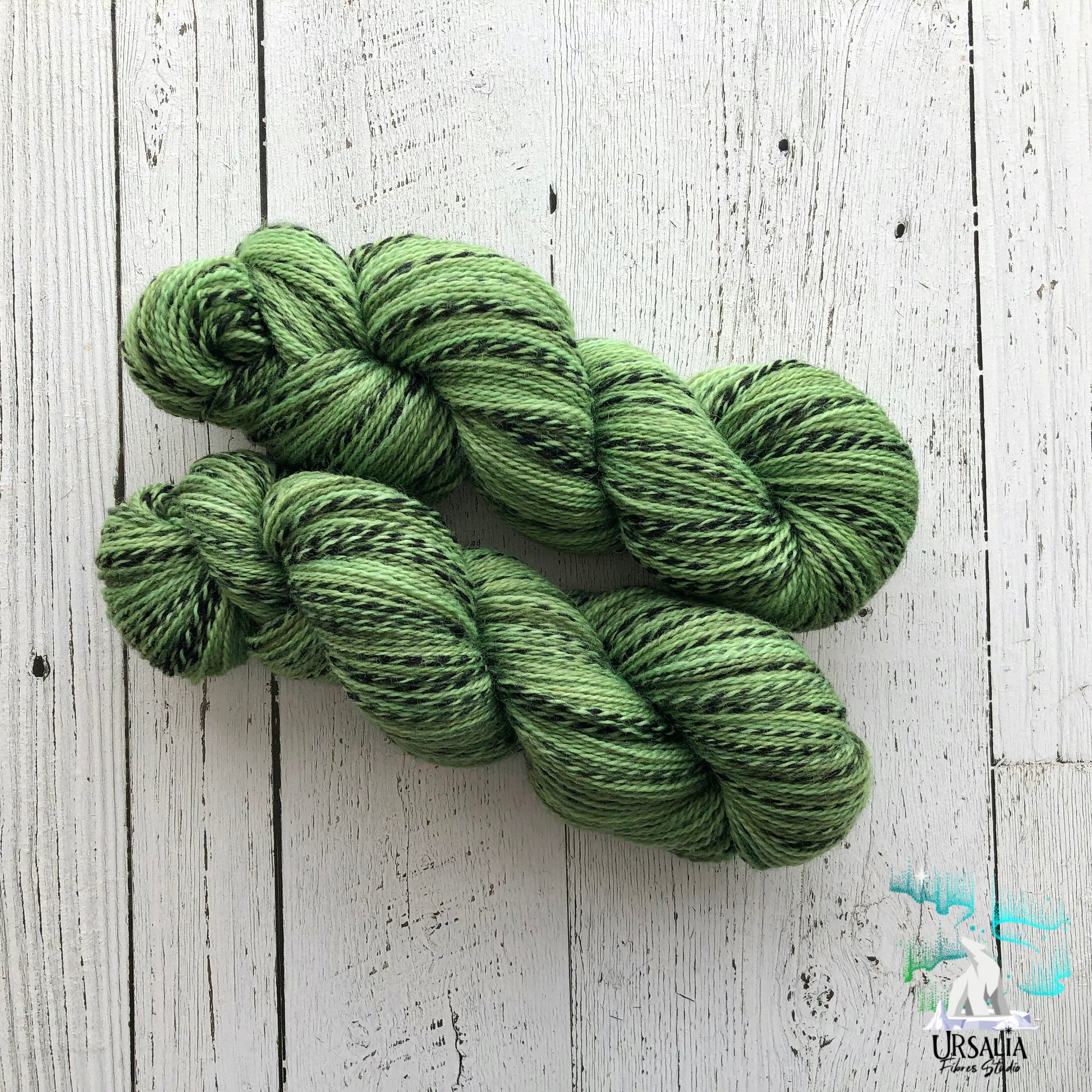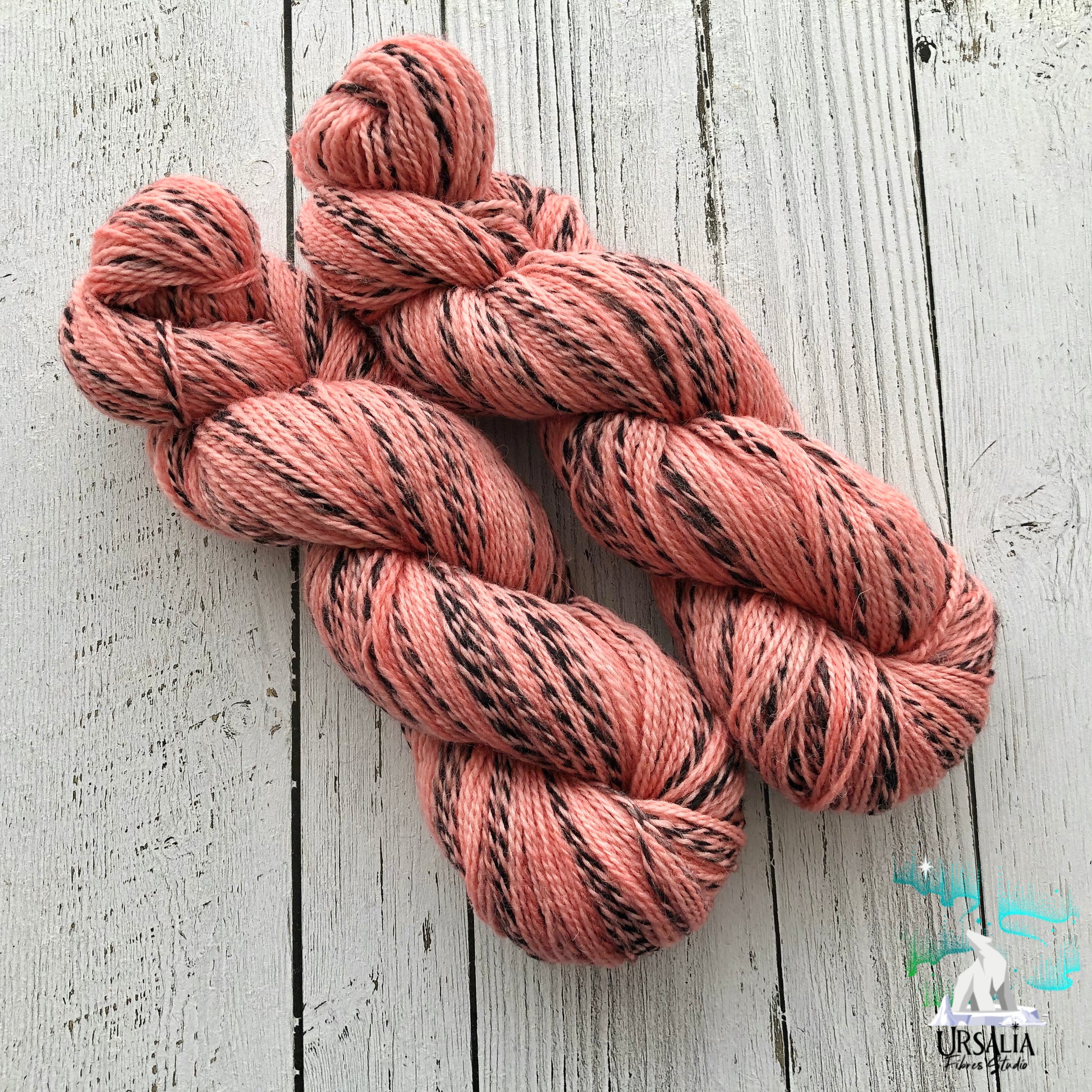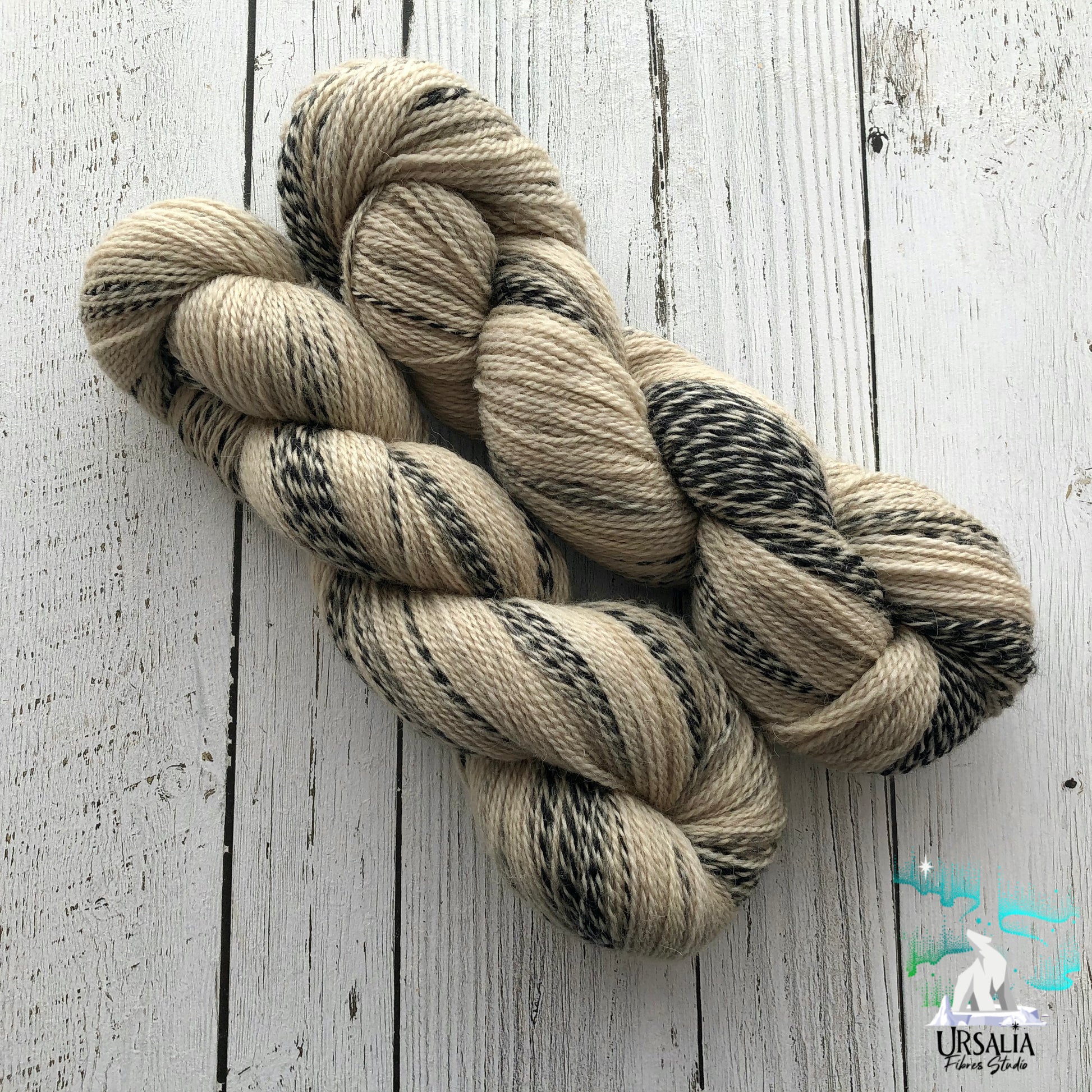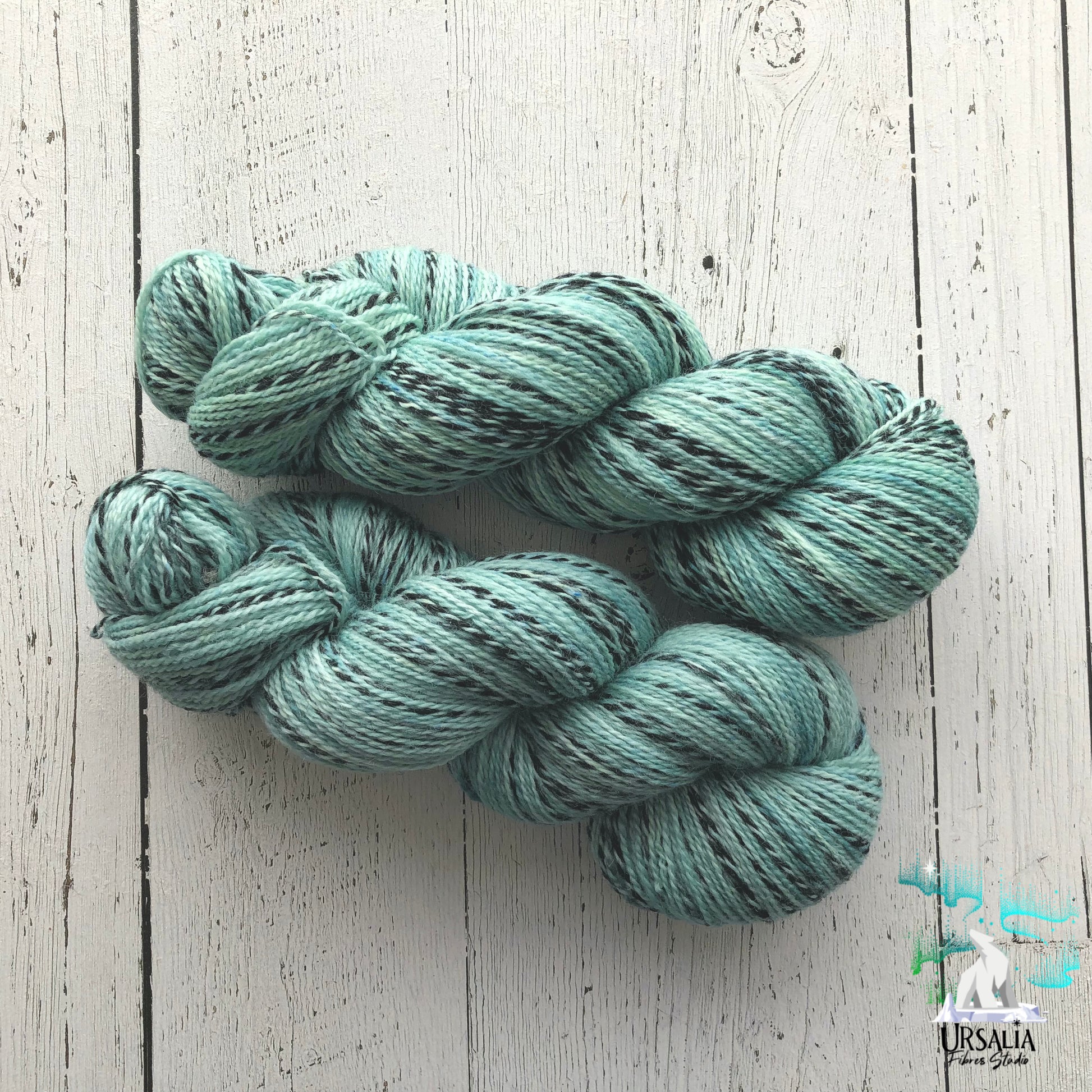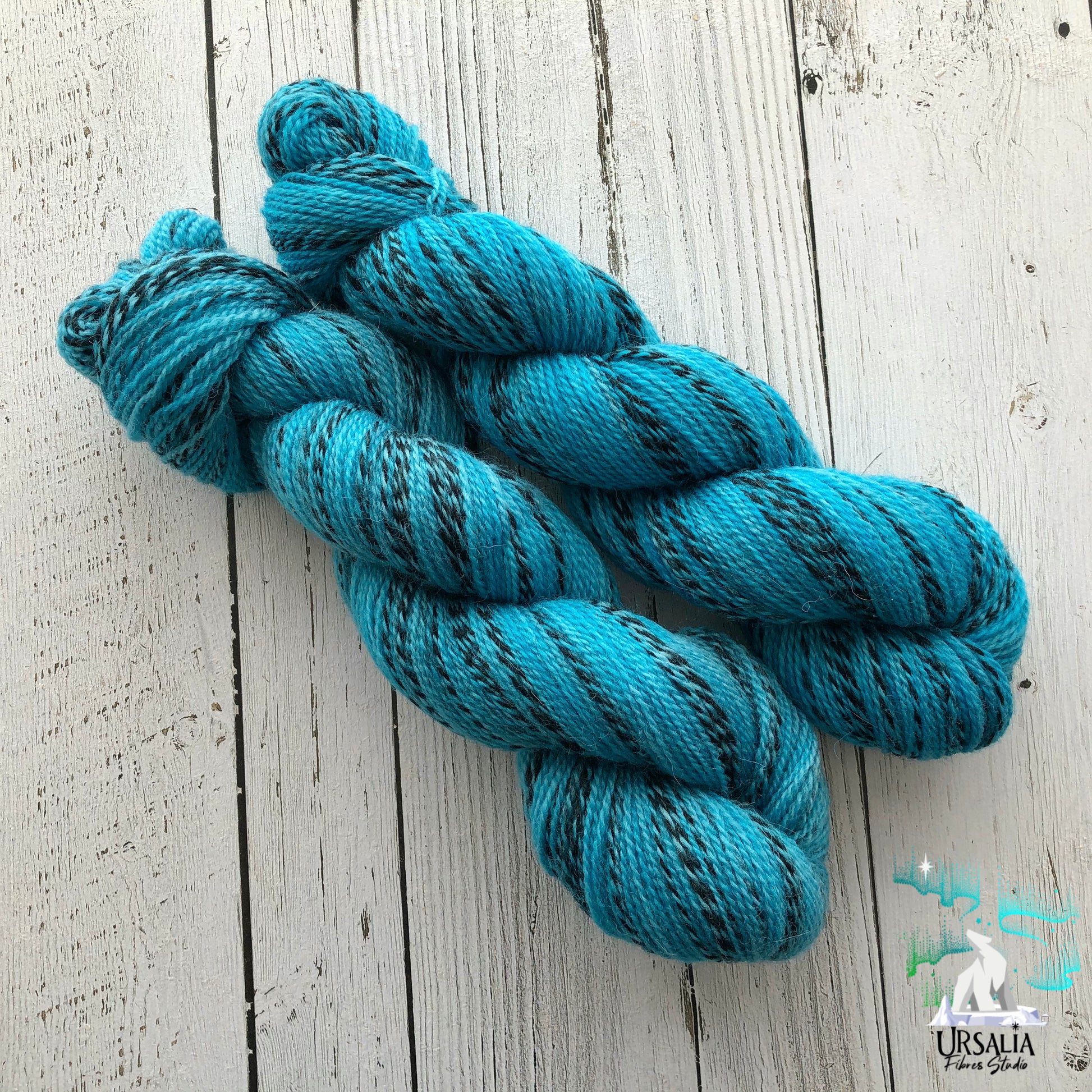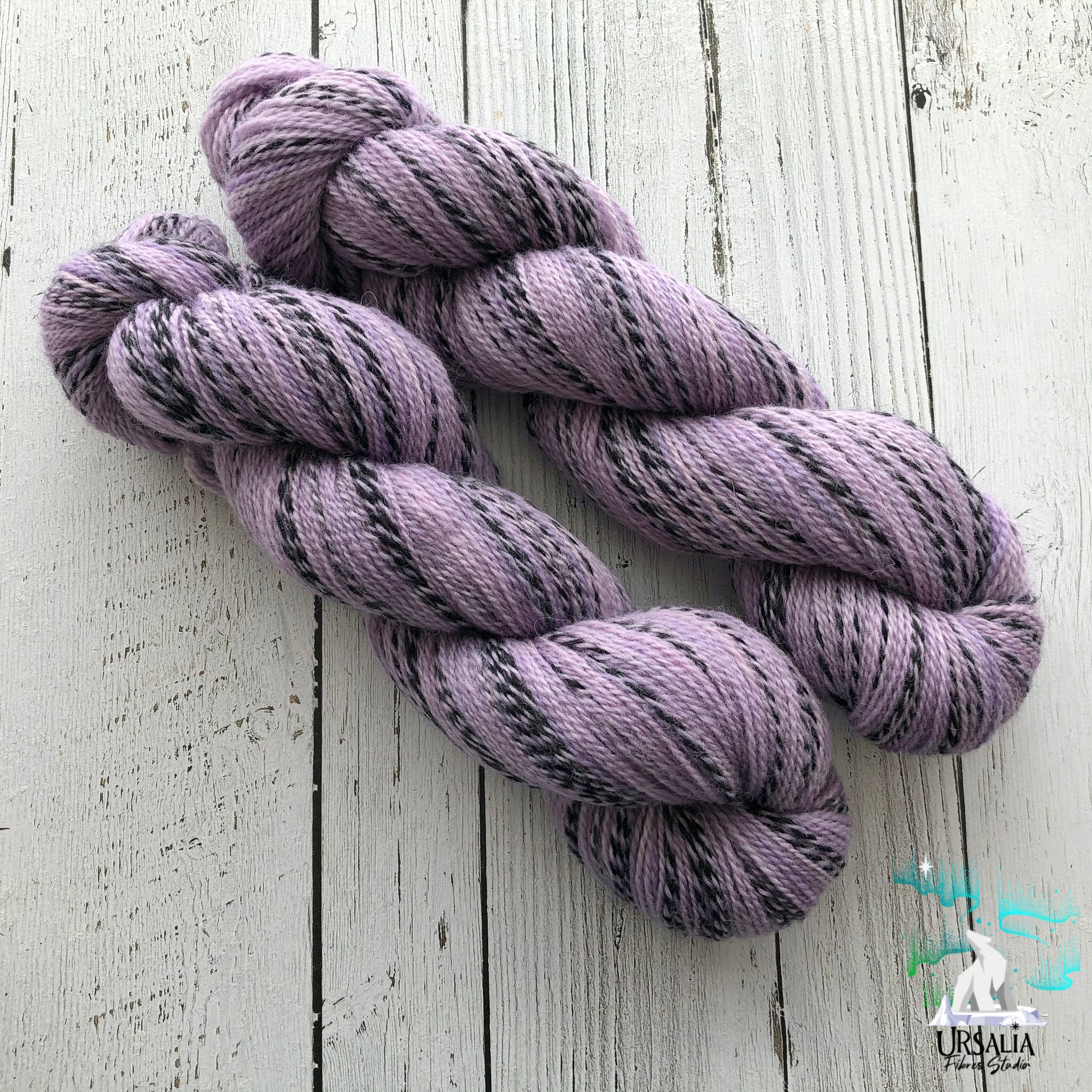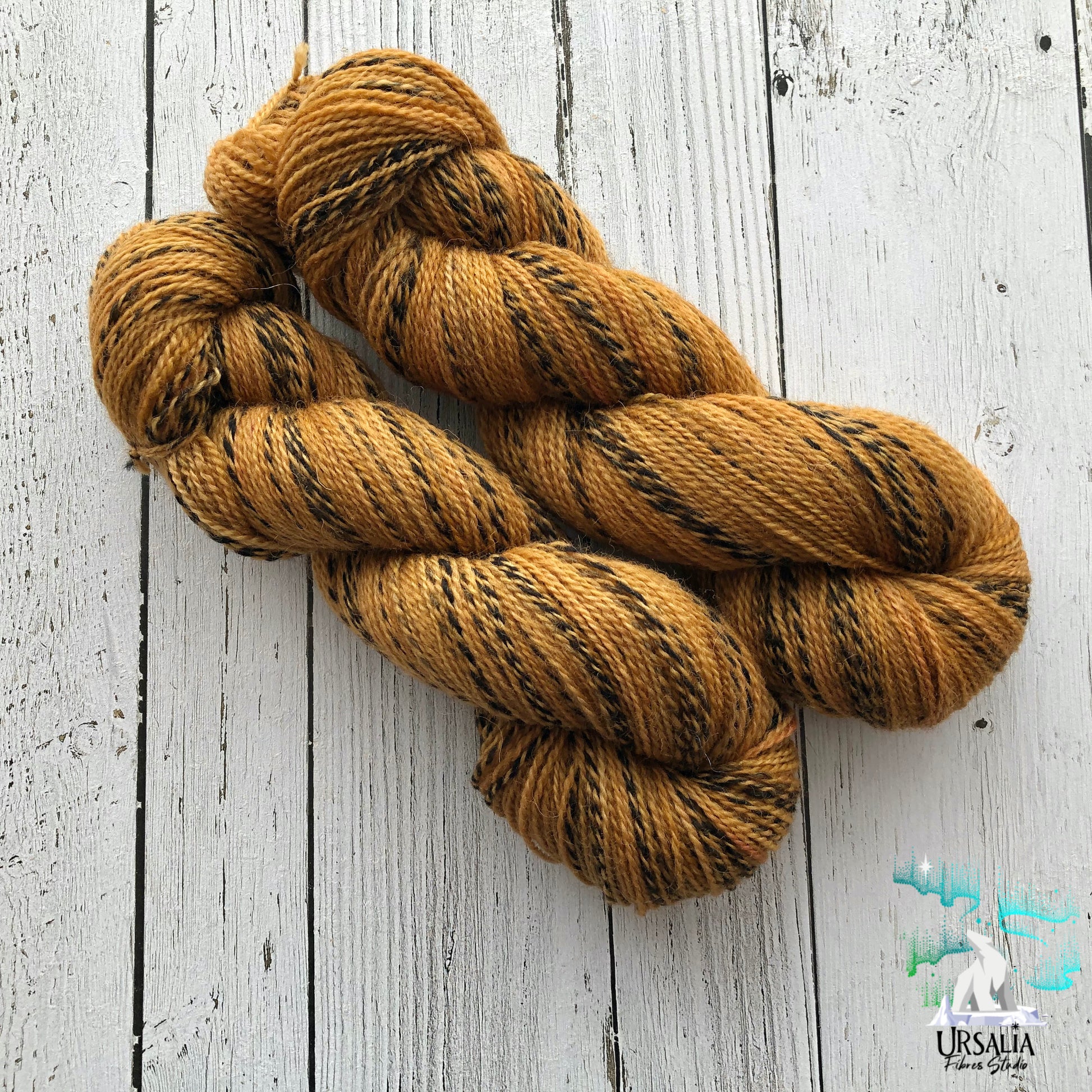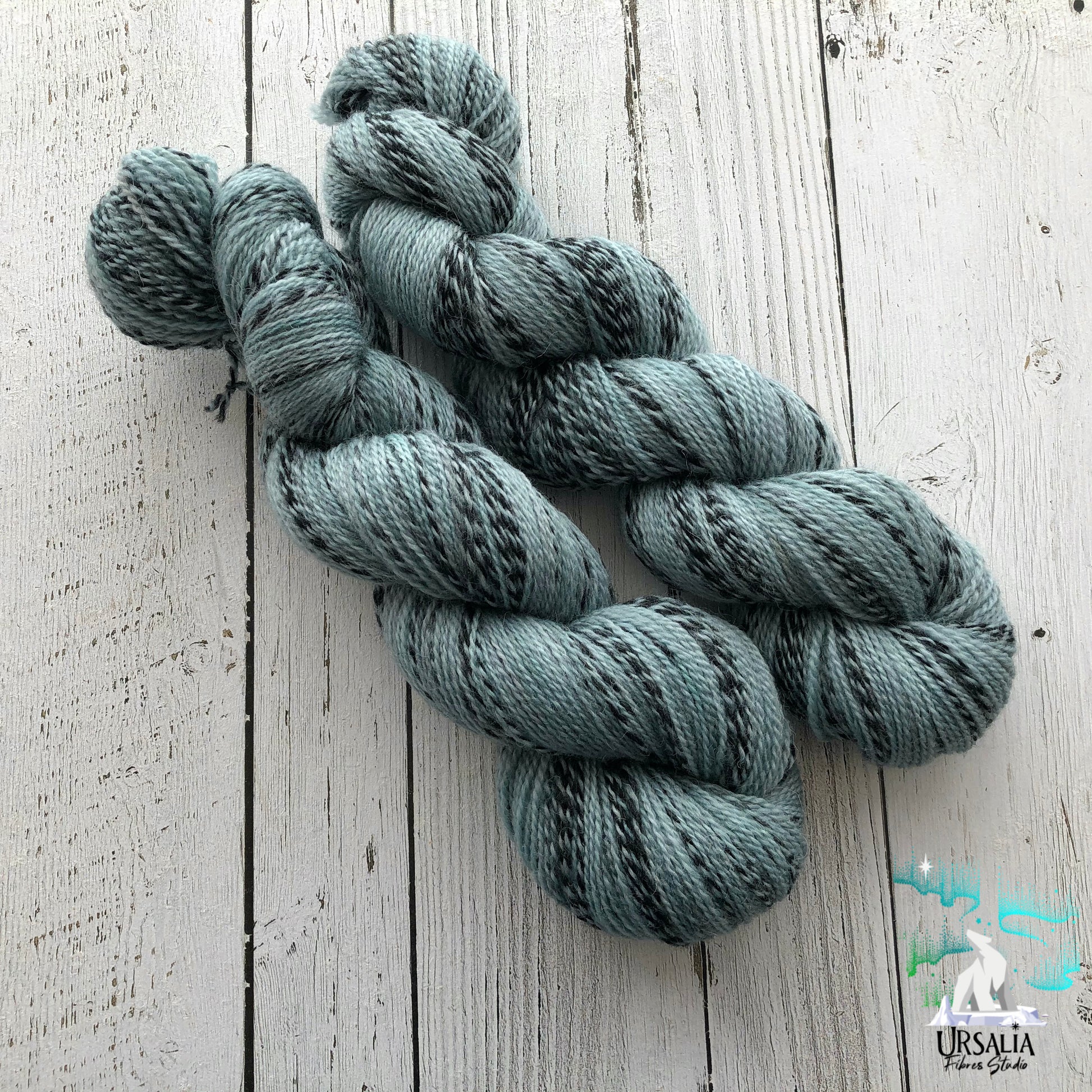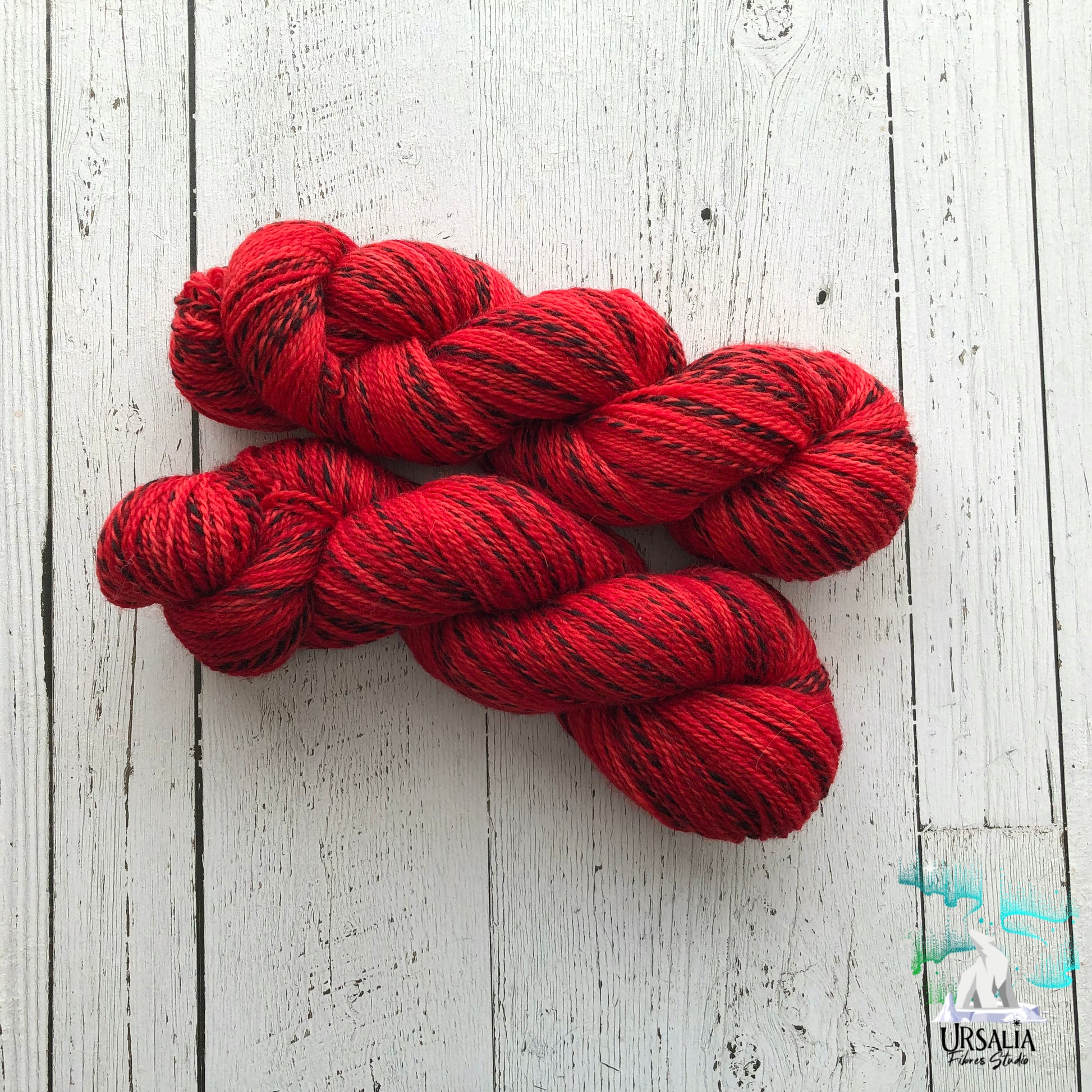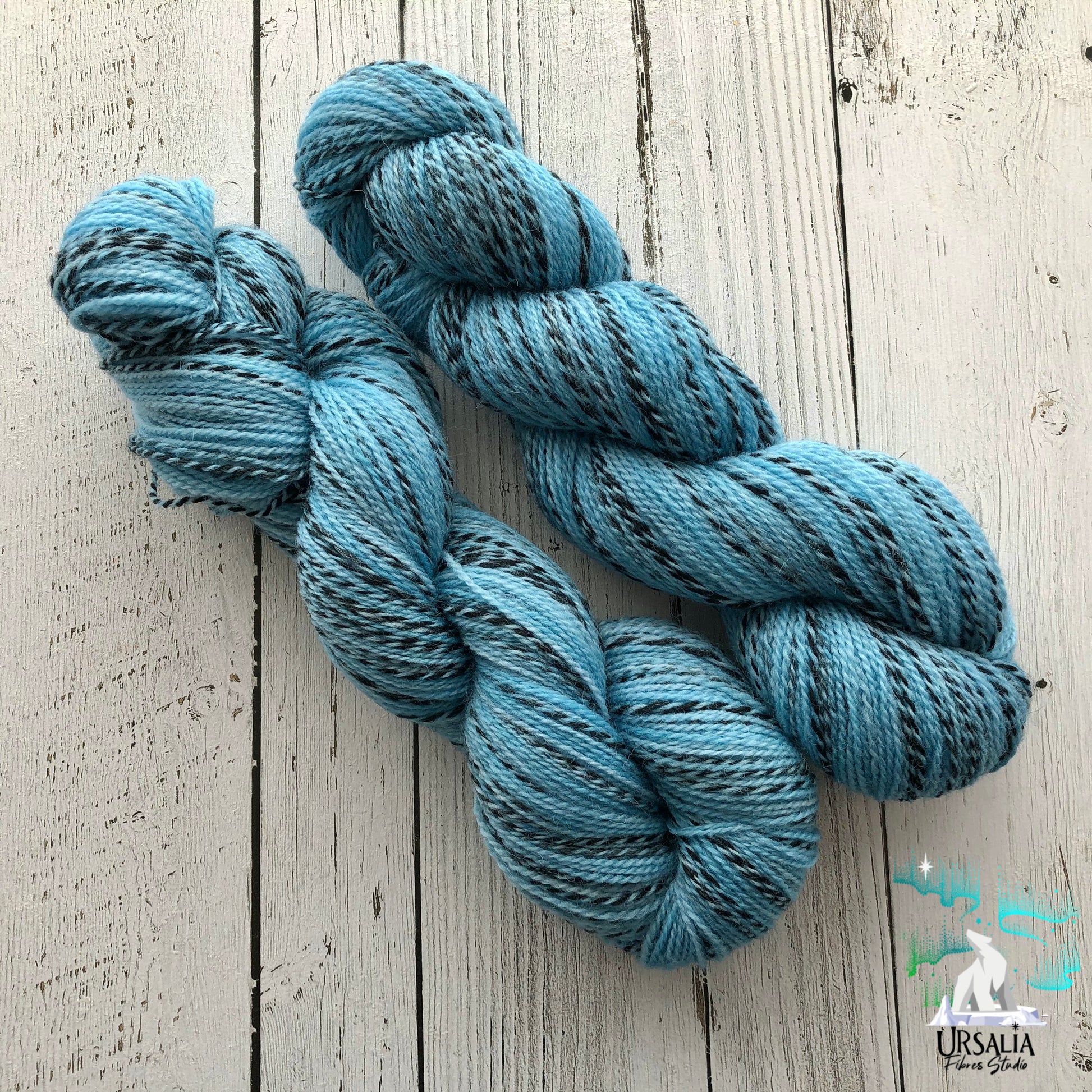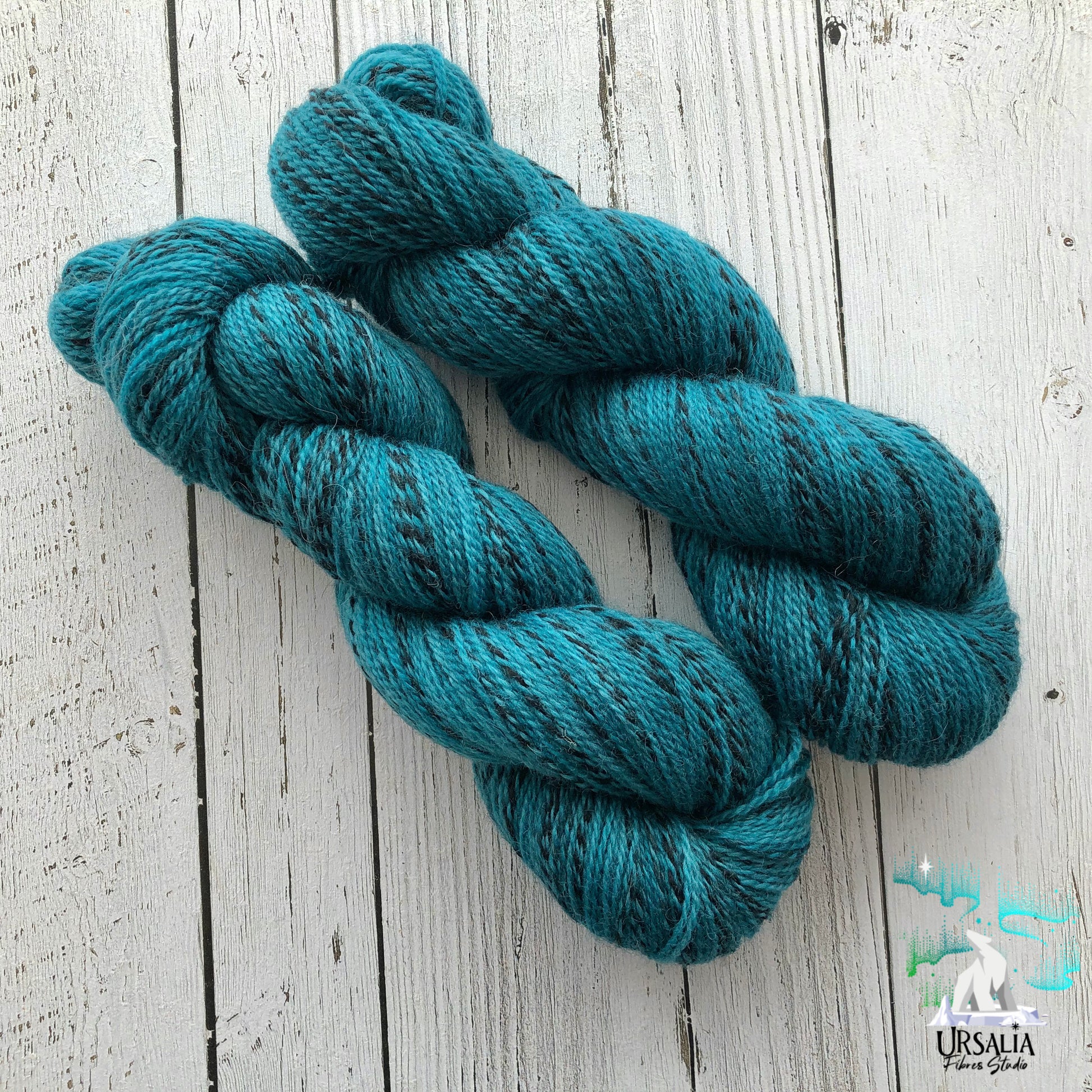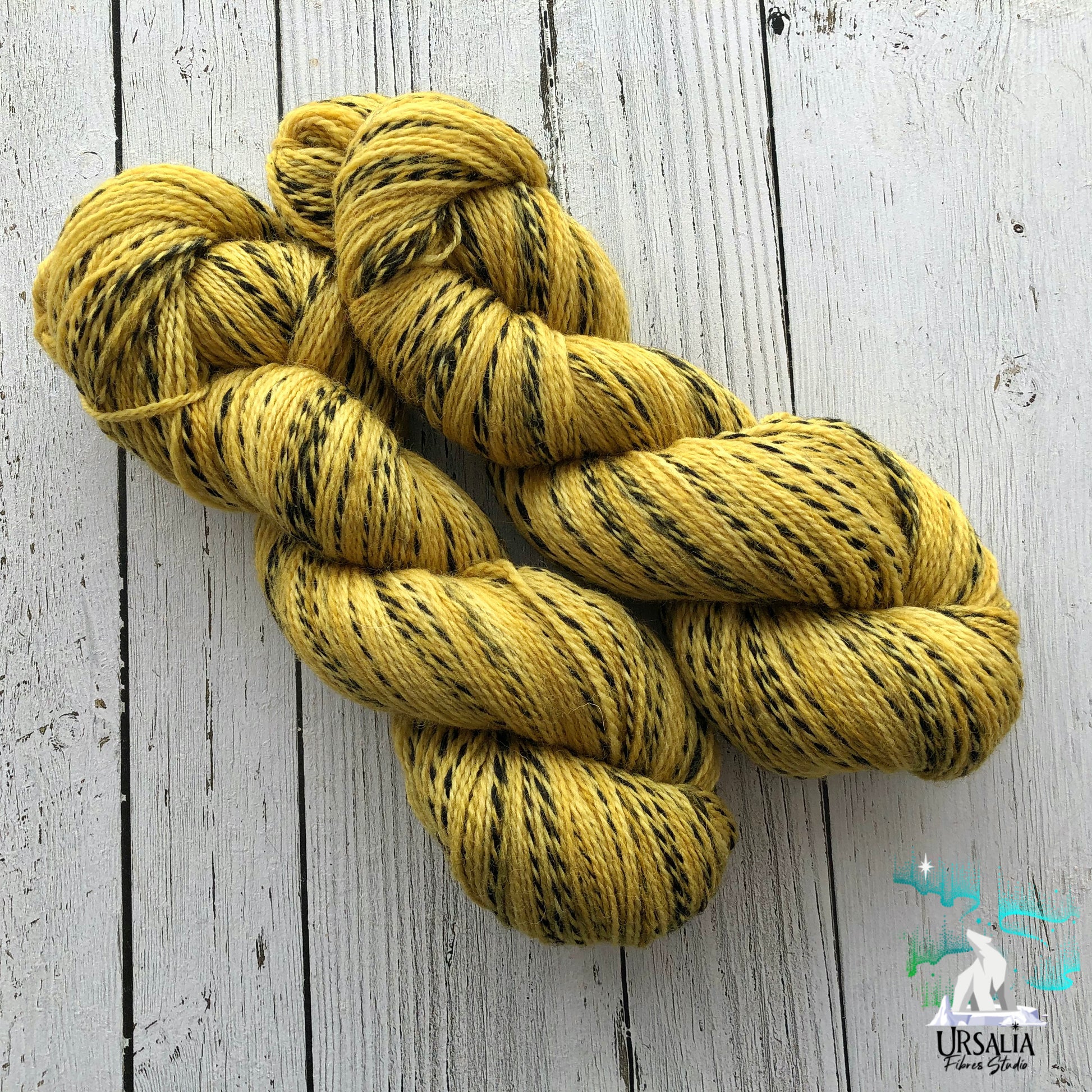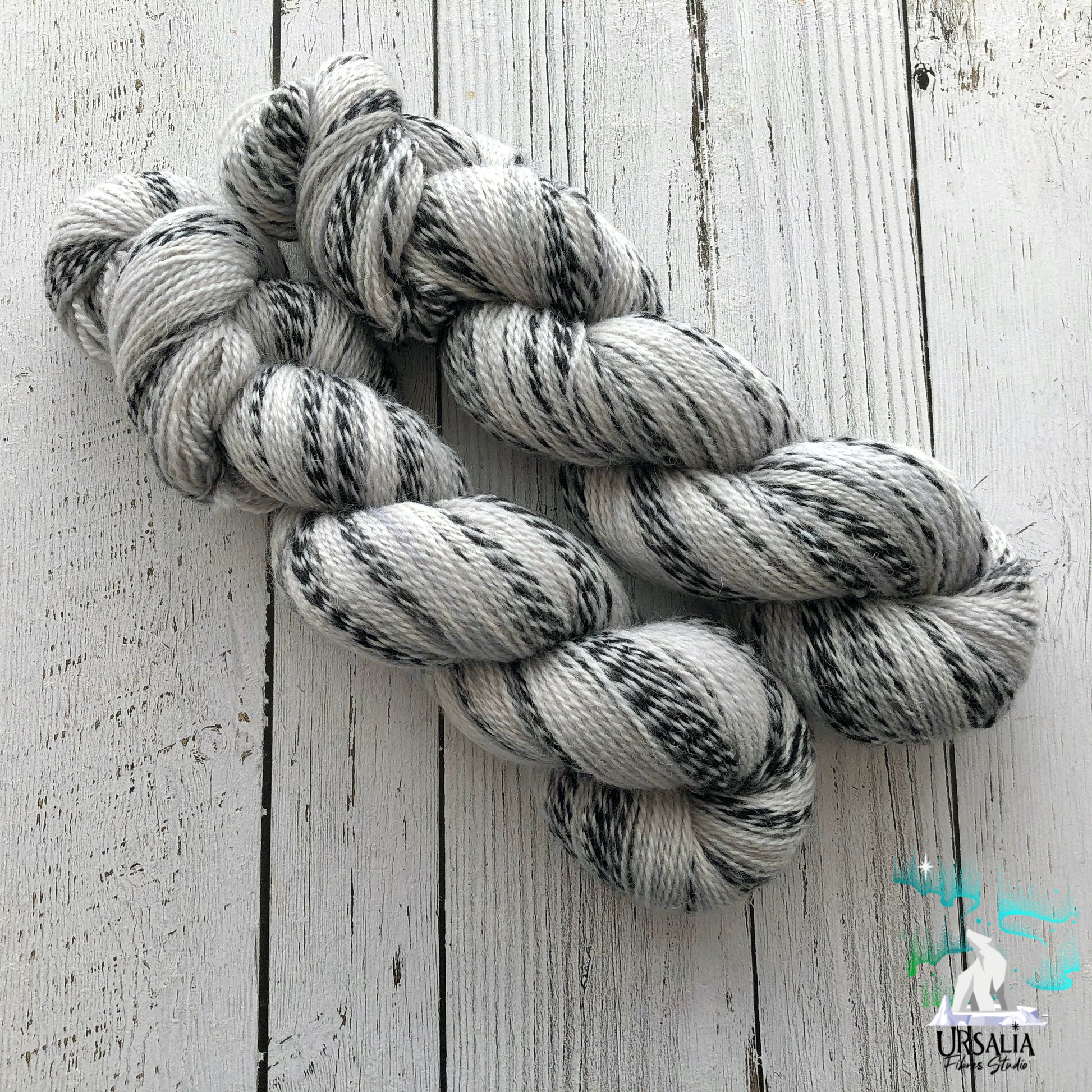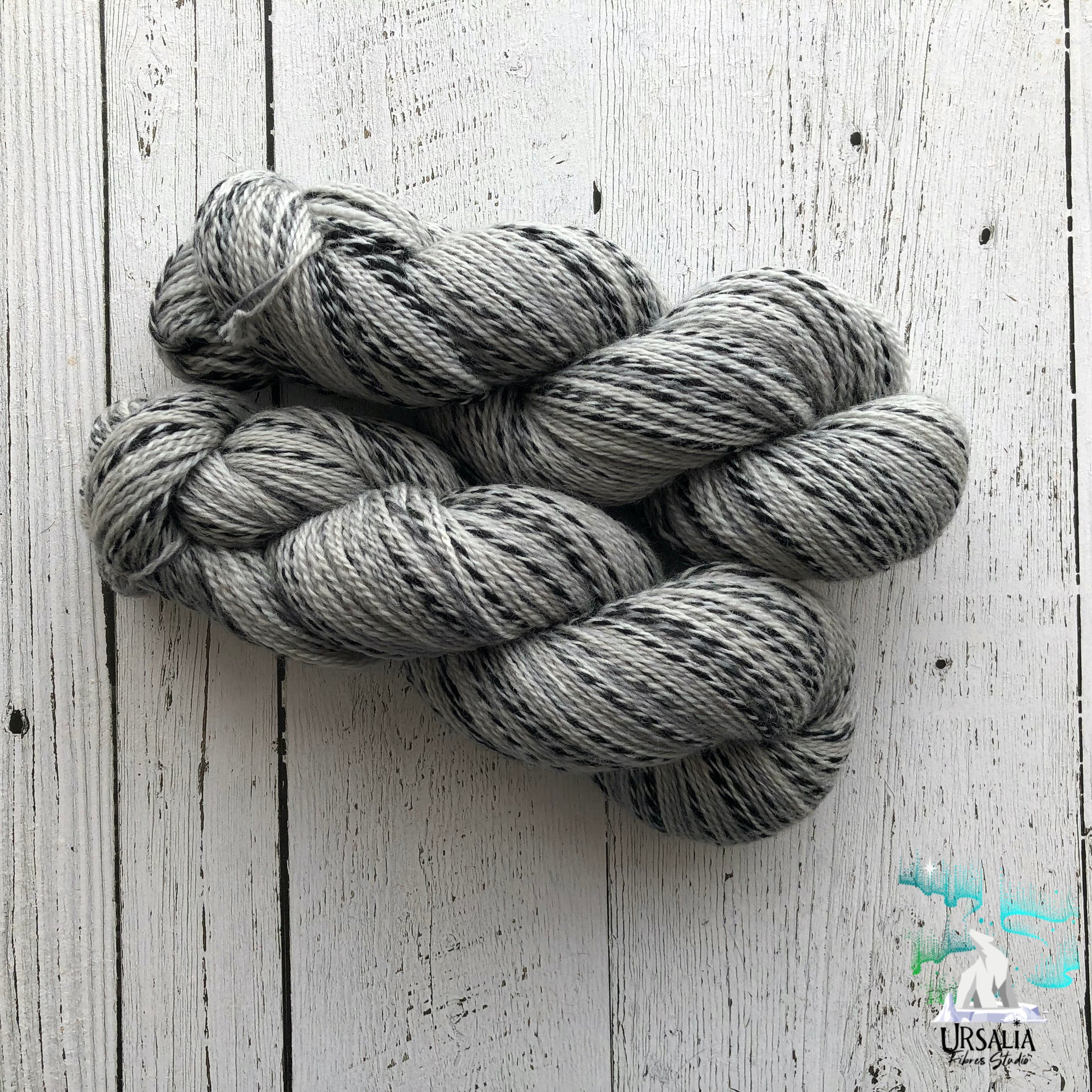Avalon
Avalon
Out of stock
Couldn't load pickup availability
Avalon is a unique 100% untreated Peruvian Highland Wool in a fingering weight. The black strands in the yarn makes the final product unique. With Avalon, even the simplest patterns will stand out!
437 yds/ 400 m per 100g skein. Fingering/sock/4-ply.
The name of this base comes from Avalon, the place where King Arthur was taken after his last battle. Since Arthurian legend has deep roots in Celtic mythology, the colours are named after the gods, goddesses and creatures from that mythology. Hand-dyed in Quebec, Canada, by Ursalia Fibres Studio.
Learn about the Celtic meaning of each yarn name here.
Hand wash, lay flat to dry. The colours may vary slightly depending on your screen. Winding required.
Prices shown in CAD not including taxes or shipping.
Canadian shoppers: $10 flat rate shipping or FREE shipping with purchase of $175 or more. Free local delivery to Kingston, ON customers.
Shipping to USA and other countries: Canada Post shipping options are shown at checkout.
For knit or crochet pattern ideas, visit Ravelry.com.
A b e l l i o
In Celtic mythology, Abellio was the god of apple trees, worshipped in the Garonne Valley.
A d s a g o n a
In Celtic mythology, Adsagona was a sorceress goddess of the Underworld, a weaver of spells.
A e n g u s
In Celtic mythology, Aengus was one of the Tuatha Dé Danann and a god of poetry, love and youth.
A i r m i d
In Celtic mythology, Airmid was one of the Tuatha Dé Danann (the ancient Irish mythological race of magical beings). She was a goddess associated with healing, and particularly herbal healing.
A r a w n
In Celtic mythology, Arawn was the king of the otherworld realm of Annwn. He represented honor, duty, war, revenge, death, tradition, terror, and the hunt.
A r t i o
In Celtic mythology, Artio was the bear goddess of wildlife, transformation, and abundance.
B r a n w e n
In Celtic mythology, Branwen was the goddess of love and beauty in Wales during the Iron Age. She was one of the three most important goddesses of Britain.
B r i g a n t i a
In Celtic mythology, Brigantia was the goddess of the poetic arts, crafts, prophecy, and divination. She was the equivalent of the Greek goddess Athena.
C e r r i d w e n
In Celtic mythology, Cerridwen was a powerful Underworld goddess, and the keeper of the cauldron of knowledge, inspiration and rebirth, associated with the moon, poetry and arts.
D r u a n t i a
In Celtic mythology, Druantia was known as the queen of the Druids. She was the protector of trees, knowledge, creativity, passion, and fertility of plants and animals.
G o v a n n o n
In Celtic mythology, Govannon was the god of blacksmiths, metalworking, fire, and brewing.
G w y d i o n
In Celtic mythology, Gwydion was a great magician and trickster, associated with illusion, change and magic.
M o r r i g a n
In Celtic mythology, Morrigan, the “phantom queen”, was the goddess of war, death, prophecy, and the patroness of revenge, magic, priestesses, night, and witches.
N e h a l e n n i a
In Celtic mythology, Nehalennia was the goddess of sailors, the sea, trade, prosperity and good fortune.
N u a d a
In Celtic mythology, Nuada was the god of the sea, healing, and warfare, associated with the Greek gods Ares and Poseidon.
O l w e n
In Celtic mythology, Olwen was a goddess of the sun, flowers and Spring.
T a r a n i s
In Celtic mythology, Taranis was the god of thunder and storms.
T e u t a t e s
In Celtic mythology, Teutates (“the god of the tribe”) was a war god associated with the Greek god Ares and was possibly perceived as a crucial guardian entity who took up the role of the tribe protector.
